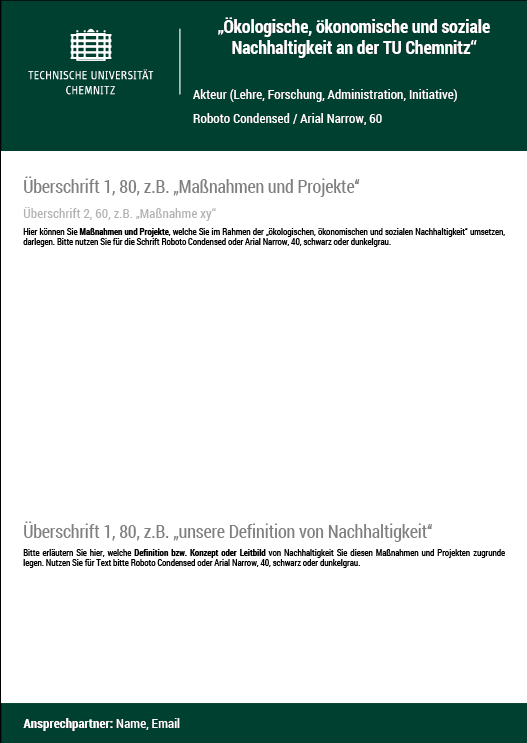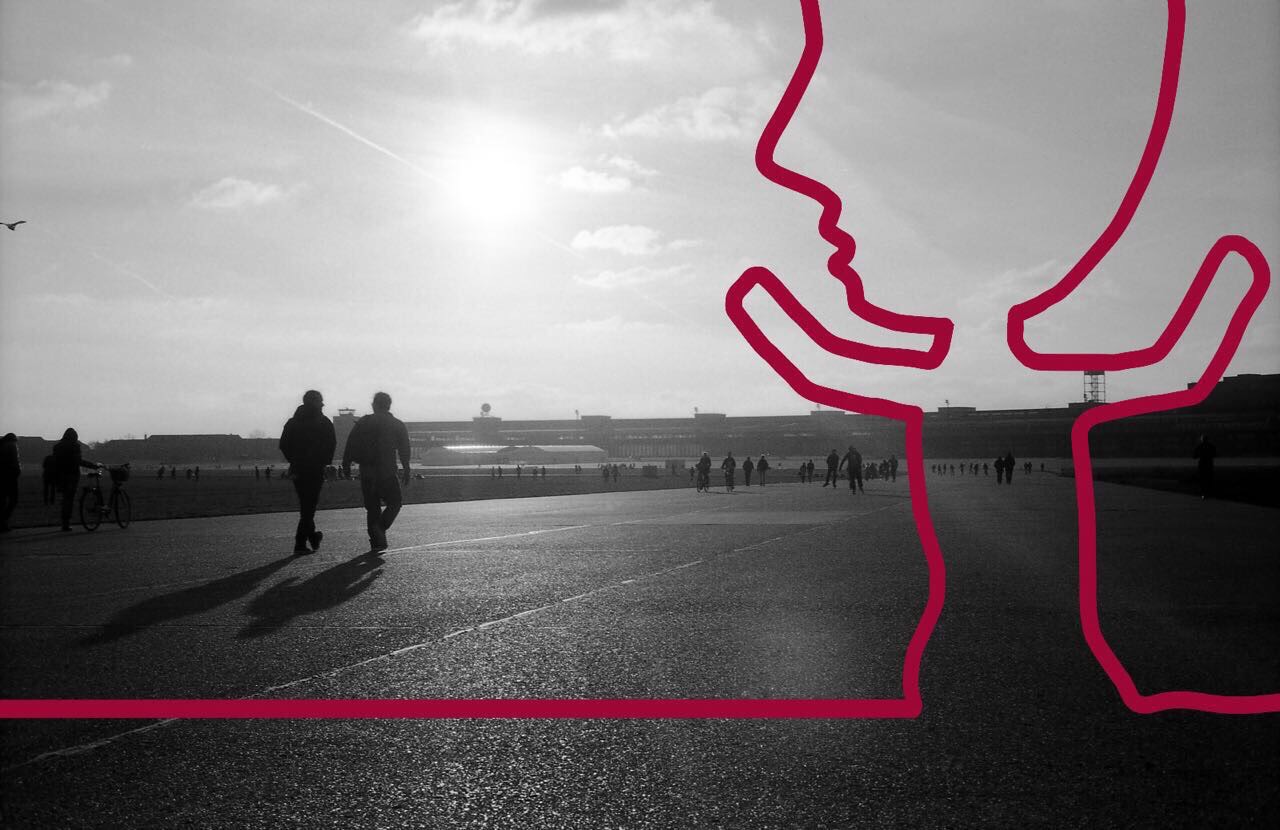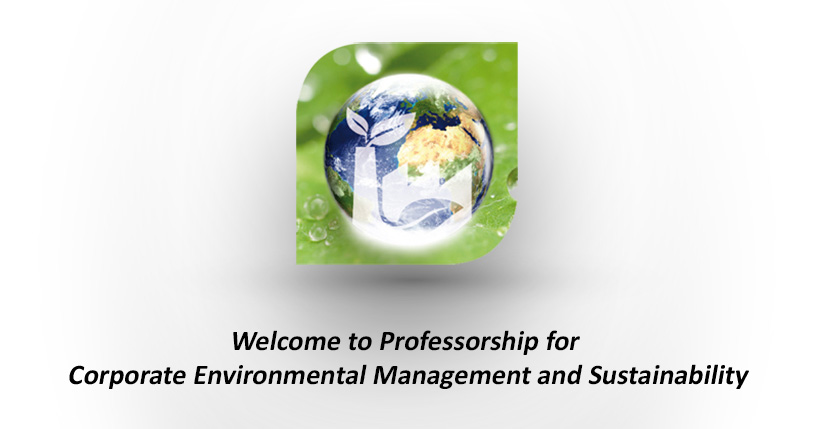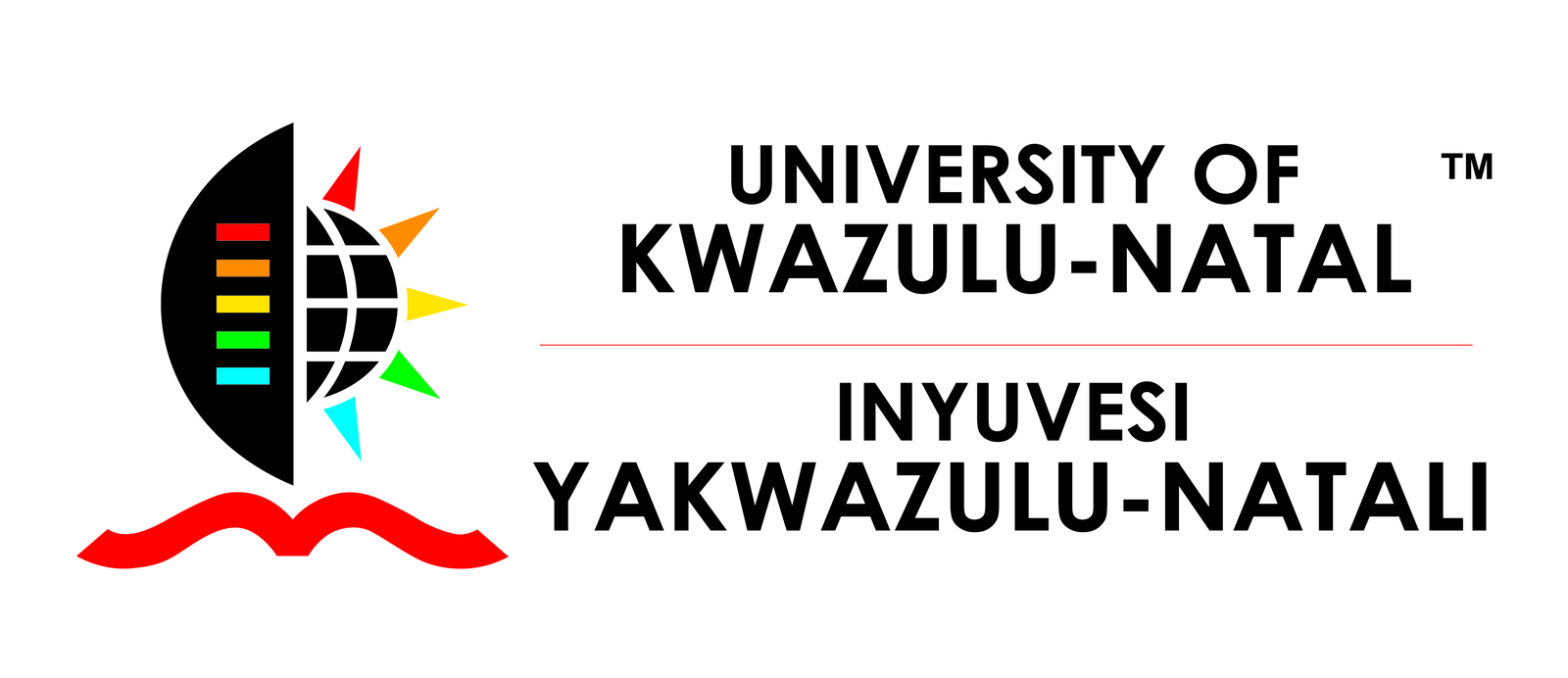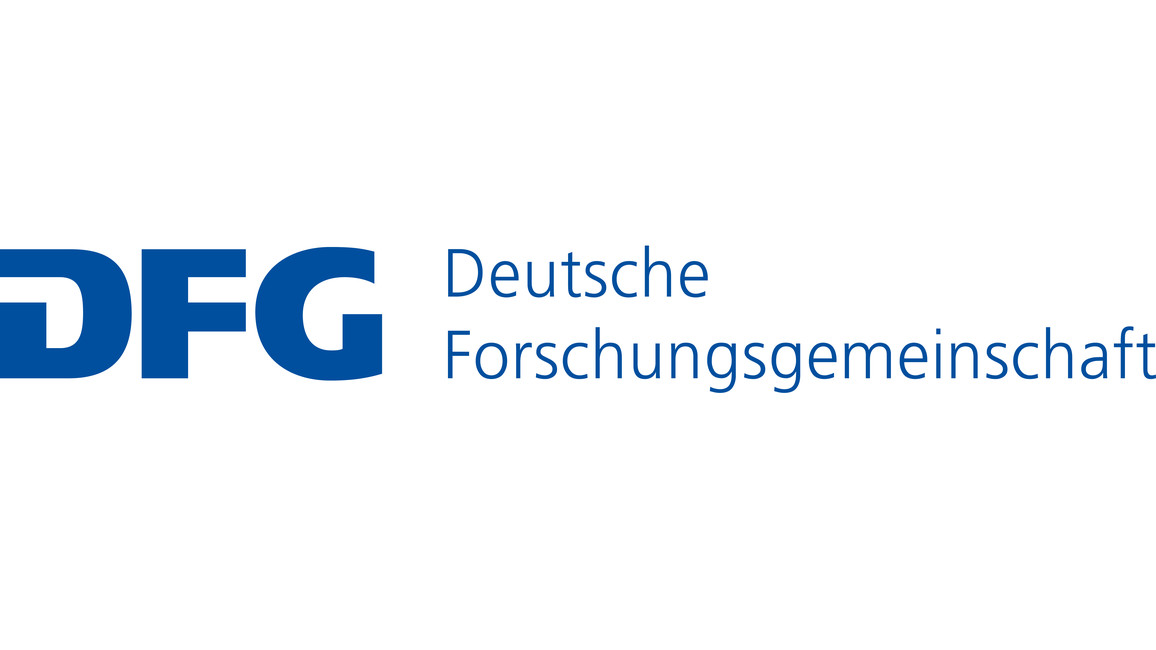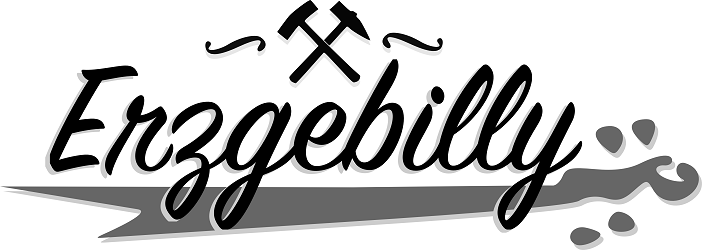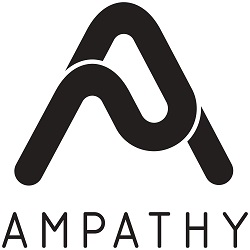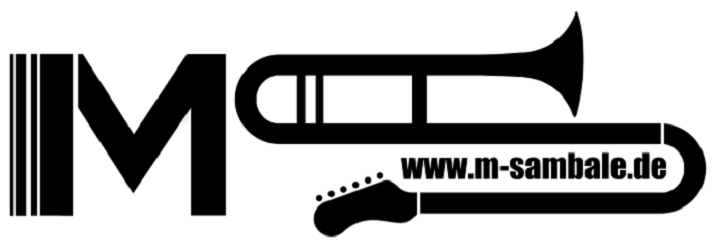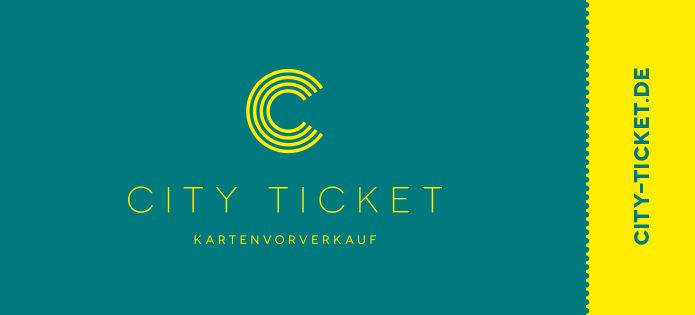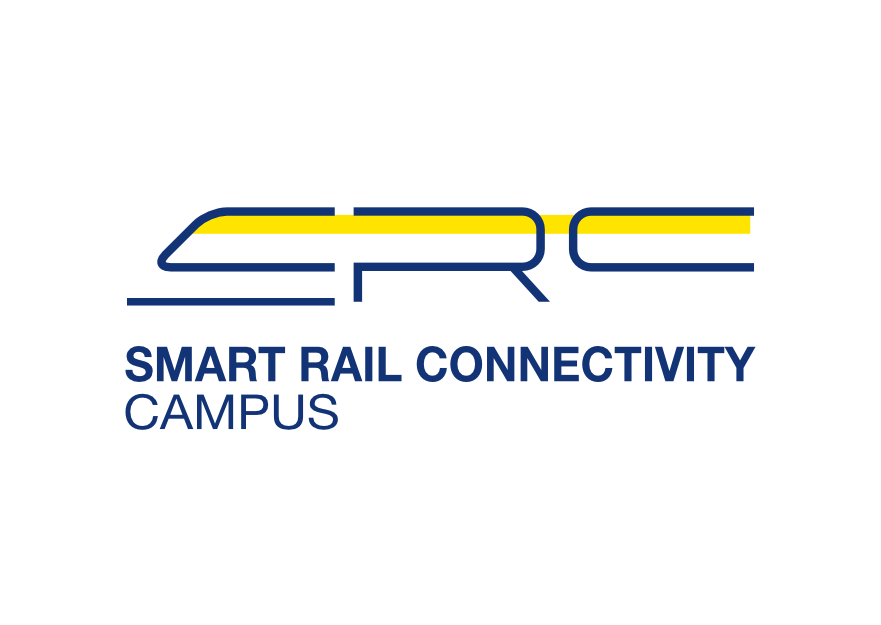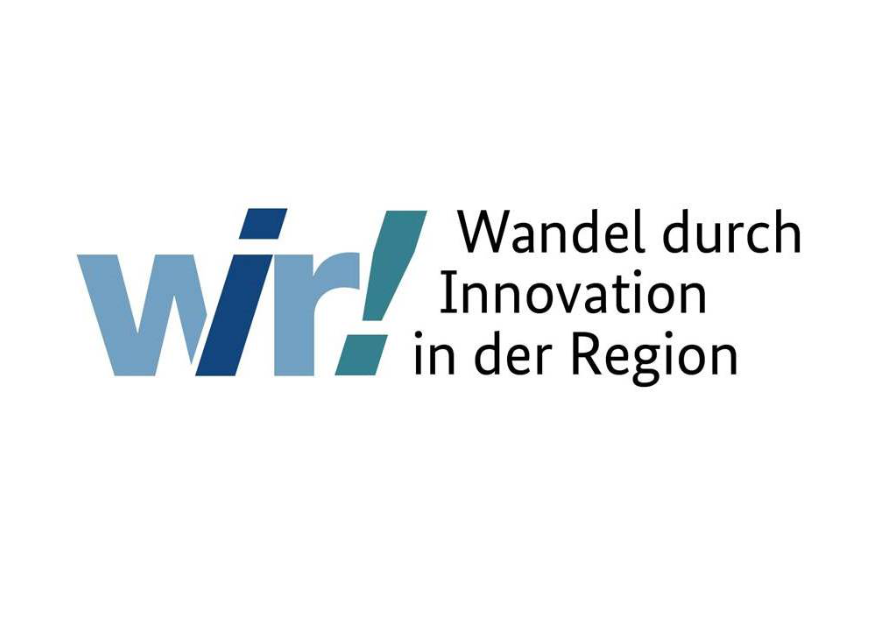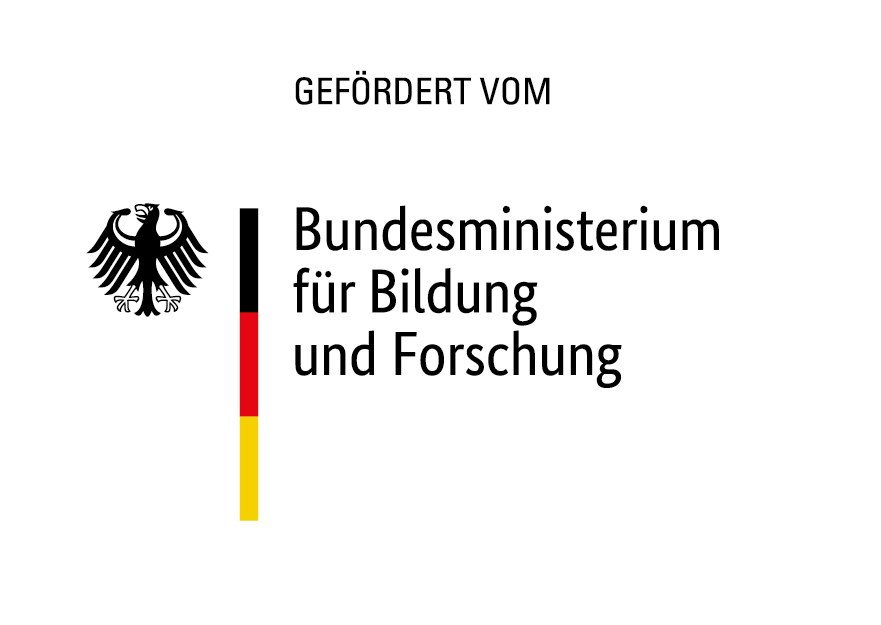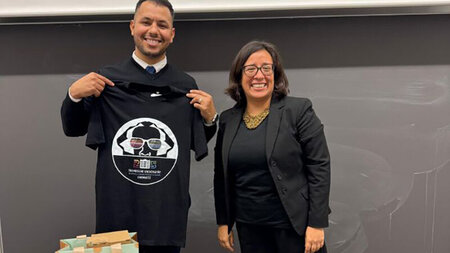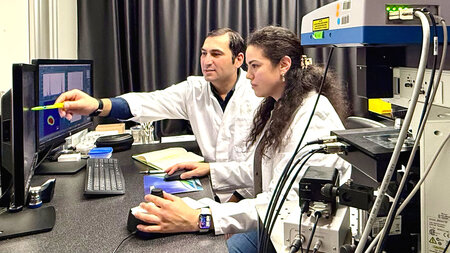Completed Projects
Project Joint Expertise*
for Responsible, Sustainable and Global Aware Management, 01.01.2017-31.12.2021
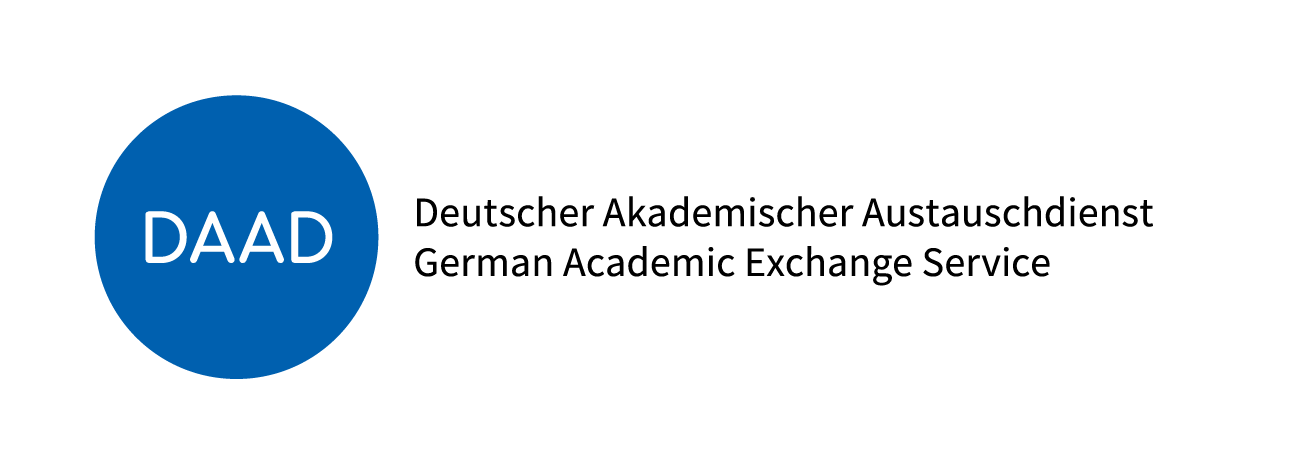 * Funded by the DAAD and the Federal Ministry for Economic Cooperation and Development in the subject-related partnerships with universities in developing countries program
* Funded by the DAAD and the Federal Ministry for Economic Cooperation and Development in the subject-related partnerships with universities in developing countries program
With the project “Joint Expertise” we aim to form a multi-level, permanent and academic cooperation in responsible, sustainable and global aware management education and practice especially for master and doctoral students between the University of Technology Chemnitz, Faculty of Economics and Business Administration and the University of Kwazulu-Natal (UKZN), School of Management, IT and Governance.
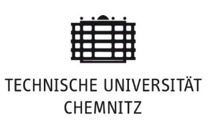
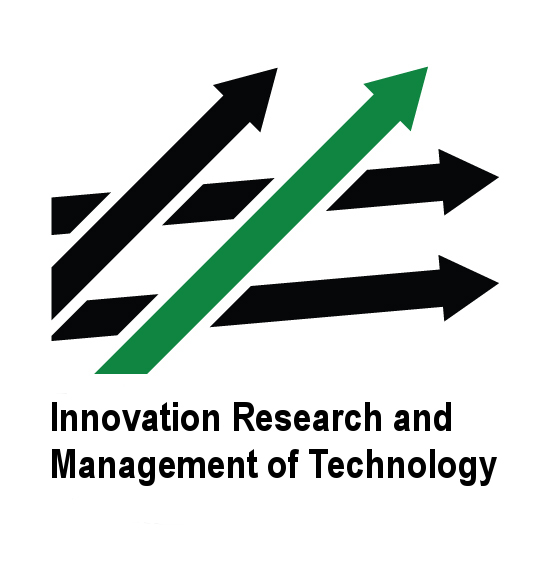
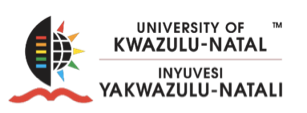
We are collaborating since many years with UKZN and intend to conceptualize, test and certify a new master program in Durban within the project together. Thereby, we will transfer the knowledge around the topics and the experience of adequate methods and modules. We will implement interactive workshops and supervised reflections in a recursive procedure consisting of theoretical and practical parts. During the four years of cooperation the project focusses on intercultural, academic and practical exchange of knowledge, students and staff. Therefor multifunctional and cross-continental attendances in South Africa, Germany and at further international universities are planned.
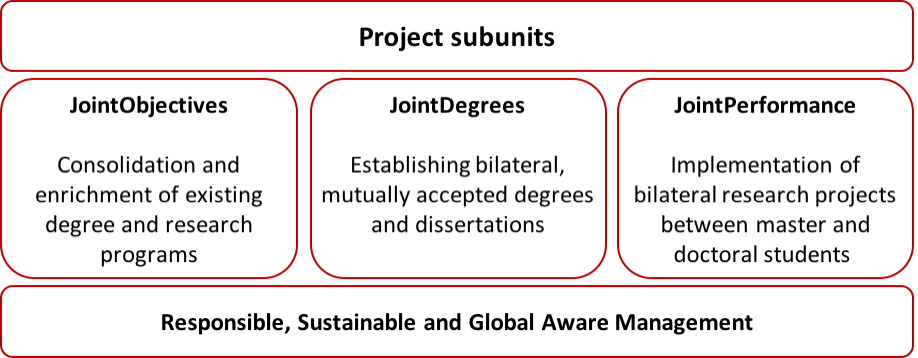
Chemnitz students will have the unique opportunity to include modules and research topics of the newly developed master program in their local curriculum. For participants of both universities bilateral research projects and collaborative work on publications and presentations on conferences will be introduced and expand intercultural skills. Furthermore, academic cooperation of mixed cultural tandems or small groups will contribute to the international research and provide the chance for international cooperation and contacts.
Timeline
01.04.2017: Project start
29.08. - 02.09.2017: Project Kick Off in Chemnitz: Getting together, presentations, workshops and related field trips on international activities and sustainability in education of the cooperating universities
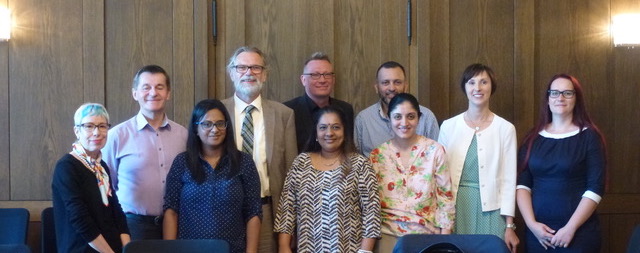 Back row from the left:
Back row from the left:
Prof. Brian McArthur (UKZN, Dean and Head of School of Management, IT and Governance), Prof. Michael Hinz (Dean of CUT Faculty of Economics and Business Administration), Prof. Stefan Hüsig (CUT), Taahir Akbar Vajeth (UKZN, Senior Lecturer Human Resource Management)
Front row from the left:
Prof. Maria de Azevedo Martins (UKZN, Academic Leader Research), Jayrusha Ramasamy Gurayah (UKZN, Lecturer Supply Chain Management), Dr Andrisha Beharry-Ramraj (UKZN, Lecturer Management), Dr Upasana Singh (UKZN, Lecturer Information systems and technology), Annett Müller (CUT IUZ), Anja Herrmann-Fankhänel (CUT)
18.09. - 23.09.2017: Dr. Khalida Akbar from the University KwaZulu-Natal in Durban stayed for a research visit at our chair to investigate in collaborative research projects on sustainability in management education.
27.11. - 01.12.2017: Gernot Kirchner and Anne Dreßler from Chemnitz University of Technology visited University of KwaZulu-Natal in Durban to discuss possibilities and requirements of international cooperation and student exchange with different parties.
 Quelle: Gernot Kirchner
Quelle: Gernot Kirchner
08.12. – 21.12.2017: A delegation from UKZN visited Chemnitz: Organisational structures, targets and plans for 2018 were defined and research cooperations were established in various workshops and meetings. Guests presented and discussed on further topics within the project meetings (e.g. Frank Heinrich, member of the German Parliament and Prof. Dr. Marlen Arnold, chair holder Corporate Environmental and Sustainability Management). Guest lectures and field trips complemented the diverse program.
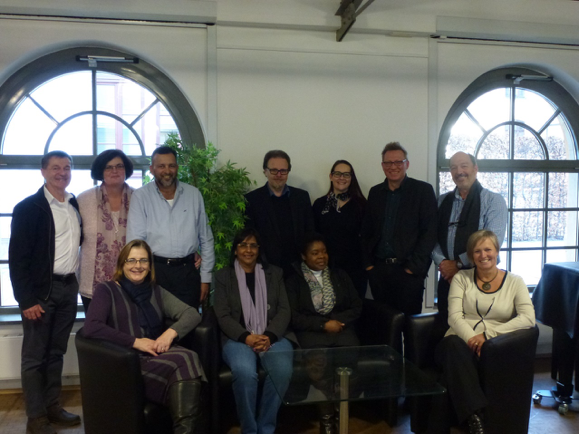
Back row from the left: Brian McArthur (UKZN, Dean and Head of School of Management, IT and Governance), Ziska Fields (UKZN, Associate Professor, Management and Entrepreneurship), Taahir Vajeth (UKZN, Senior lecturer, Human Resources Management and Labour Relations), Frank Heinrich (Member of the German Parliament), Anja Herrmann-Fankhänel (CUT), Stefan Hüsig (CUT), Henry Wissink (UKZN, Professor at School of Management, IT and Governance)
Front row from the left: Micheline Spitaels (UKZN, Associate Professor, Marketing and Supply Chain), Indira Padayachee (UKZN, Senior Lecturer, Discipline of Information Systems and Technology), Evelyn Derera (UKZN, Lecturer, Academic Leader for the Discipline Management and Entrepreneurship), Deborah Ann Ellis (UKZN, Associate Professor Marketing)
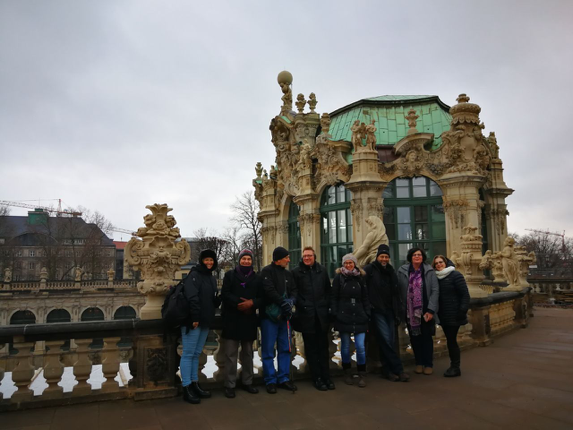 from the left: Deborah Ann Ellis (UKZN, Associate Professor Marketing), Brian McArthur (UKZN, Dean and Head of School of Management, IT and Governance), Henry Wissink (UKZN, Professor at School of Management, IT and Governance), Stefan Hüsig (CUT), Anne Dreßler (CUT), Taahir Vajeth (UKZN, Senior Lecturer, Human Resources Management and Labour Relations), Ziska Fields (UKZN, Associate Professor, Management and Entrepreneurship), Micheline Spitaels (UKZN, Associate Professor, Marketing and Supply Chain)
from the left: Deborah Ann Ellis (UKZN, Associate Professor Marketing), Brian McArthur (UKZN, Dean and Head of School of Management, IT and Governance), Henry Wissink (UKZN, Professor at School of Management, IT and Governance), Stefan Hüsig (CUT), Anne Dreßler (CUT), Taahir Vajeth (UKZN, Senior Lecturer, Human Resources Management and Labour Relations), Ziska Fields (UKZN, Associate Professor, Management and Entrepreneurship), Micheline Spitaels (UKZN, Associate Professor, Marketing and Supply Chain)
08.01.2018: Member of the German Parliament reflects meeting our project team in December 2017
By having the opportunity to meet people like Frank Heinrich, who are taking responsibility for people from Chemnitz, Germany and even Africa from a political perspective our project received enrichment. Discussing future cooperation, ideas and projects has broaden our project JointExpertise and further steps. More info here.
07.02.2018: Report on JEP from UKZN published: „SMIG Collaborates with German University to Enhance Responsible Creative Innovation and Technology Management”
19.03. - 24.03.2018: A delegation from CUT visited the UKZN in Durban: Project status and strategy, research projects were fostered and further developed, possible student projects were discussed and future research cooperation were established in several meetings and field trips.
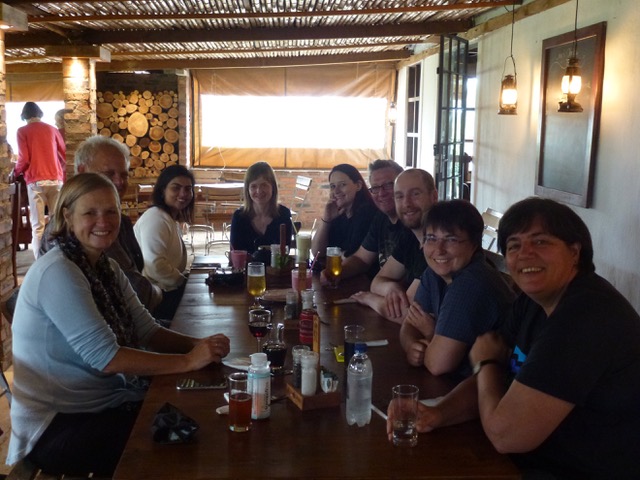
From the left: Prof. Debbie Ellis-Vigar, Adrian Garrett, Dr. Khalida Akbar, Katja Schneider, Anja Herrmann-Fankhänel, Prof. Stefan Hüsig, Dr. Martin Albert, Prof. Barbara Dinter, Prof. Dagmar Gesmann-Nuissl
11.07.2018: The Faculty of Economics and Business Administration of CUT joined PRME.
12.08. - 28.08.2018: In August 2018 the team met again in Durban. The main focus within the project meanwhile is the preparation of new modules for students at UKZN, which are planned to get integrated in system of UKZN between 2019 and 2020. During the stay in Durban experts of innovation, technology, law, sustainability and smart city development as well as teaching, learning, and research met to followed this aim. Thereby state of the art of the topics was discussed and didactic challenges were checked together with students from different African countries and international students.
27.11. - 05.12.2018: A delegation from UKZN visited CUT from 27thof November until 5thof December. Main focus was the development of modules for students of UKZN in Durban. Mainly professionals from three big scientific areas participated: The colleagues of innovation jointly developed a module draft for Leadership and Management of Regional Innovation Systems; the sustainability experts proposed an outlines for the module Sustainability in Management: Contexts and Practices; and the South African and German staff from information systems introduced a draft of the Business Analytics and Management of Big and Small Data module.
Furthermore the guests from UKZN held guest lectures in each area and at the end of the visit the team met Frank Heinrich, a member of the German Parliament.
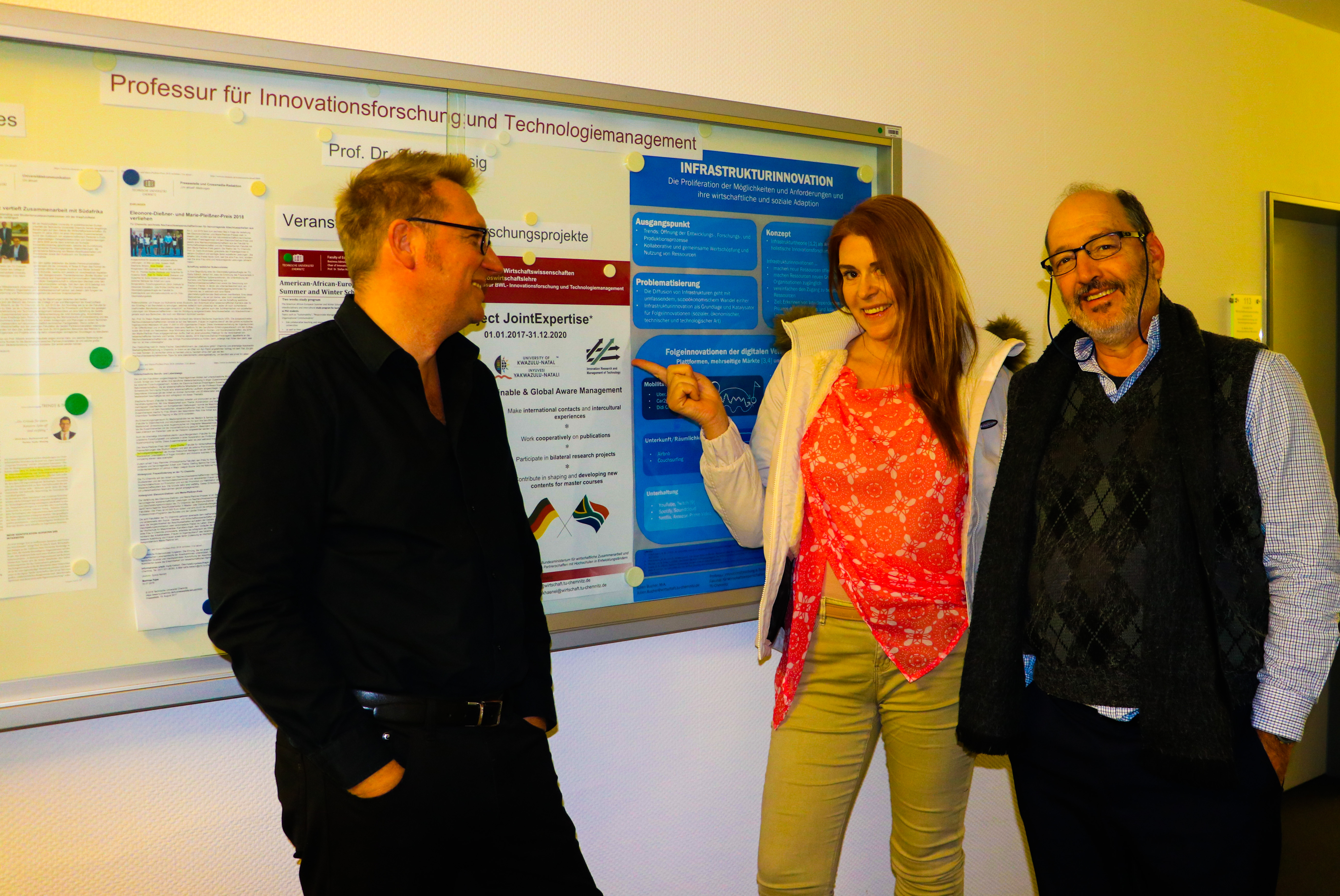
From the left: Stefan Hüsig (CUT), Dr Thea van der Westhuizen (School of Management, IT and Governance/University of KwaZulu-Natal), Henry Wissink (UKZN, Professor at School of Management, IT and Governance)
27.11. - 05.12.2019: A high-level delegation from UKZN including the new interim dean of the School of Management, IT and Governance, Prof. Stephen Mutula visited CUT from 27thof November until 5thof December. Starting with the welcome meeting at Kraftwerk Chemnitz with CUT Prorector Eibl and Dean Hinz the UKZN delegation exchanged on the status quo and the future of the UKZN & CUT Collaboration. Over the course of the next days, workshops for the development curriculum for the master program at the UKZN, meetings for JointResearch teams, planning the joint activities in March 2020 in Chemnitz and other future possibilities were elaborated in detail. Guest lectures by members of the UKZN delegation as well as field trips completed the exchange of knowledge on all levels.
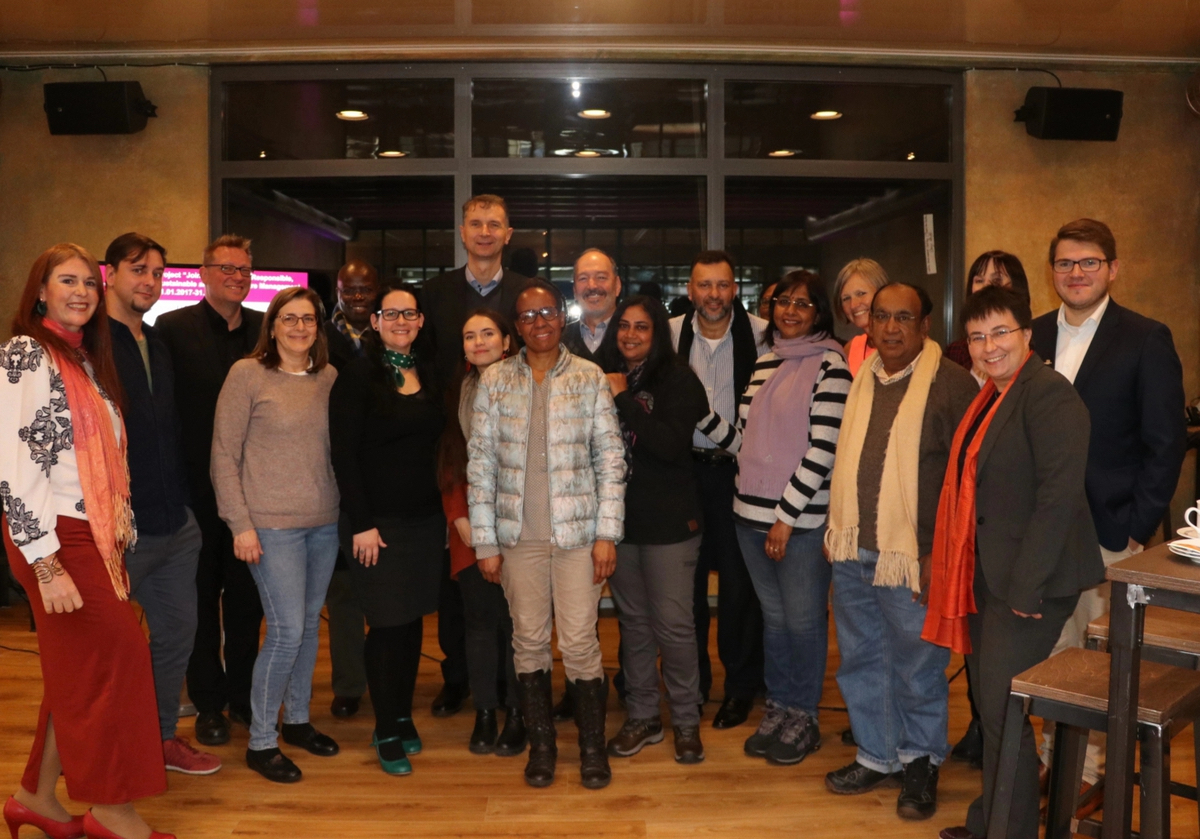 Welcome in „Kraftverkehr“ with the extended JointExpertise Team of UKZN and CUT.
Welcome in „Kraftverkehr“ with the extended JointExpertise Team of UKZN and CUT.
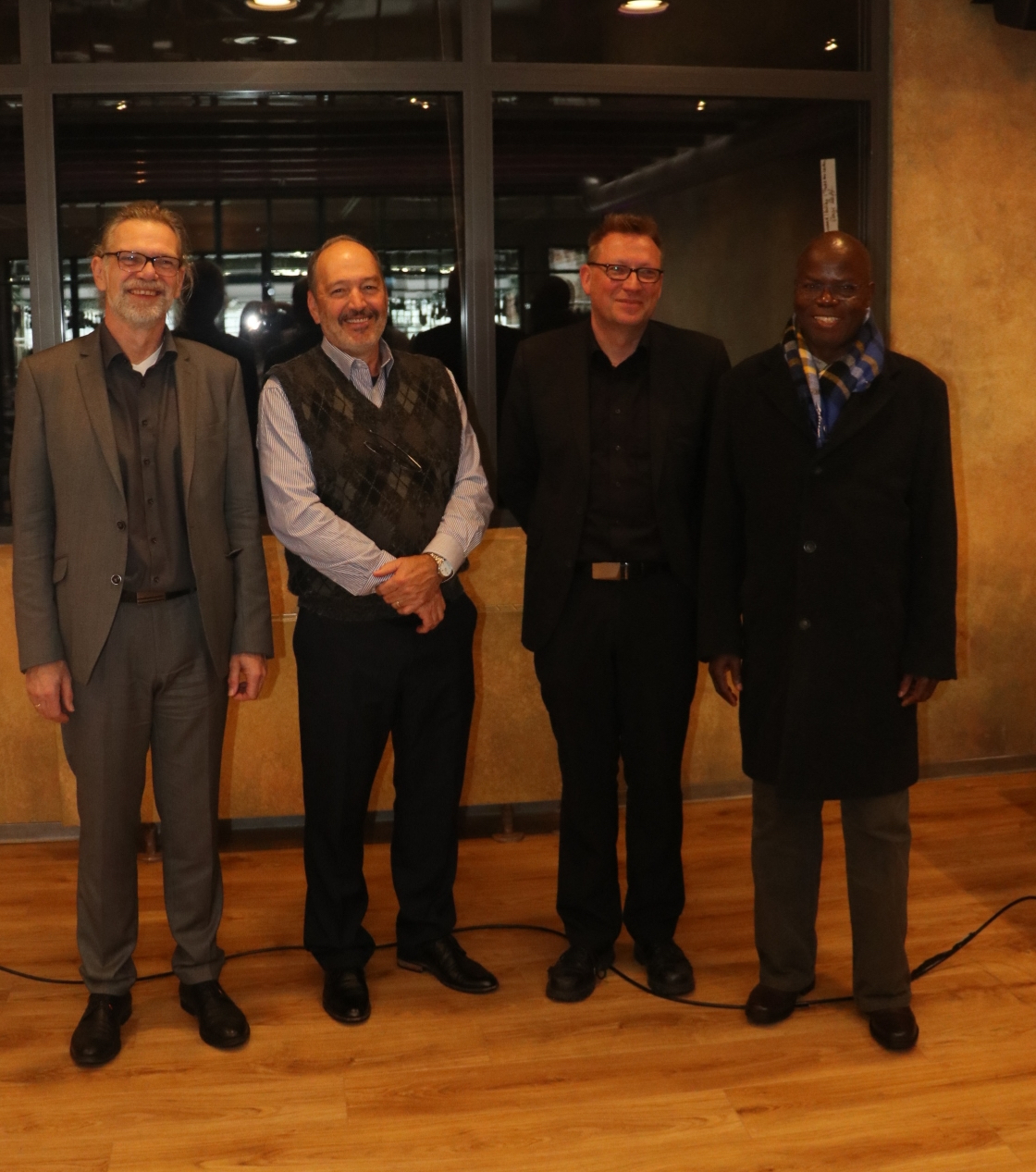 From the left: Dean Prof. Michael Hinz (CUT), Prof. Henry Wissink (UKZN, School of Management, IT and Governance), Prof. Stefan Hüsig (CUT), Dean Prof. Stephen Mutula (UKZN, School of Management, IT and Governance).
From the left: Dean Prof. Michael Hinz (CUT), Prof. Henry Wissink (UKZN, School of Management, IT and Governance), Prof. Stefan Hüsig (CUT), Dean Prof. Stephen Mutula (UKZN, School of Management, IT and Governance).
Contact
Prof. Dr. Stefan Hüsig – stefan.huesig@wirtschaft.tu-chemnitz.de &
Anja Herrmann-Fankhänel – anja.herrmann-fankhaenel@wirtschaft.tu-chemnitz.de &
Prof. Dr. Henry Wissink – wissinkh@ukzn.ac.za
Download
Link to project folder
Publications
| Jahr | Autor | Titel |
| 2017 | Herrmann-Fankhänel, A.; Dreßler, A.; Hüsig, S | |
| 2017 | Hüsig, Stefan ; Herrmann-Fankhänel, Anja ; Dreßler, Anne | |
| 2018 | Arnold, M.; Fischer, A. | Systemic structural constellations in academia facilitating transformation processes towards sustainability. Journal of Contemporary Management. Volume 15, Special Edition 1, p. 139 - 170 |
| 2019 | Fields, Z., & Huesig, S. | Responsible, Sustainable, and Globally Aware Management in the Fourth Industrial Revolution, Hershey, PA: IGI Global. doi:10.4018/978-1-5225-7638-9 |
| 2019 | Albert, M.; Hüsig, S. | Towards a Classification Framework for Concepts of Innovation for and from Emerging Markets, in: Fields, S.; Hüsig, S. (Ed.): Responsible, Sustainable, and Globally Aware Management in the Fourth Industrial Revolution, Hershey, PA: IGI Global, 76-104 |
| 2019 | Fields, Z., & Huesig, S. | Preface, in: Fields, S.; Hüsig, S. (Ed.): Responsible, Sustainable, and Globally Aware Management in the Fourth Industrial Revolution, Hershey, PA: IGI Global, xviii- xxvi |
| 2019 | Fields, Z., Bucher, J. & Weller, A. | Preface. In: Fields, Z., Bucher, J. & Weller, A. (Eds., 2019): Imagination, Creativity, and Responsible Management in the Fourth Industrial Revolution, IGI Global. |
| 2019 | Fields, Z., Bucher, J. & Weller, A. | Imagination, Creativity, and Responsible Management in the Fourth Industrial Revolution, IGI Global. |
| 2019 | Dreßler, A.; Huesig, S. | Potentials of Frugal Innovation to Combine the Social and Economic Objectives in the Marketing of Social Enterprises: The Case of EinDollarBrille e.V.,in: Ellis, D.; Chiweshe, N.: Strategic Marketing for Social Enterprises in Developing Nations, Hershey, PA, IGI Global, 247-268. |
SIS - Accompanying research to the dialogue series and future platform "Sozial.Innovativ.Sächsisch"
Project duration: 09.2021 - 12.2021
Social innovations have the potential to shape social change in a future-oriented manner. With them, challenges such as regional structural change or an aging society can be met and people can be won over to a stronger coexistence. The Saxon State Ministry for Social Affairs and Social Cohesion promotes the development and networking of people from civil society, social economy, social entrepreneurship, politics and municipalities as part of a series of dialogues Sozial.Innovativ.Sächsisch.
In three events, current social challenges as well as options for action and framework conditions that enable and promote social innovations will be discussed in lectures, panel discussions and practical pitches. In addition, interviews are held with local experts to discuss opportunities and risks as well as strengths and weaknesses for social innovations in Saxony.
The chair for innovation research and technology management mainly accompanies the data collection and data evaluation in the context of this project. He acts as a project partner of VDI/VDI-IT and the Social Entrepreneurship Network Germany(SEND e.V.).
Timeline
07.10.21: first dialogue event in Dresden with Minister of State Ms. Köpping
21.10.21: second dialogue event in Leipzig in the Impact Hub Leipzig
09.11.21: third dialogue event in Weißwasser im Telux
Contact Person
Ecological, economic and social sustainability at the TU Chemnitz
The second edition of the poster volume 2017 can be found here.
Are you an actor in teaching, research, administration or a university interest group and want to participate in a TU-wide discourse on sustainability? Then you are invited to take part in the second inventory of existing concepts, models, measures and projects relating to the topic of “sustainability”. A poster volume including a poster session will serve for an exchange and provide a further basis for an analysis (for impressions, see poster volume 2015).
This year's “Go Next!” Day for Sustainability on June 22nd, 2017 by NATUC and the Studentenwerk, which will take place for the 6th time, forms the framework for the poster session . The poster contributions as well as the abstracts are collected in a poster volume and are used for further analysis of sustainable development at Chemnitz University of Technology.
If you have any questions, please contact Martin Albert at call-nachhaltigkeit@tu-chemnitz.de
NavigationPoster session and poster tapeA poster session and a poster volume will collect and present the activities on the topic of "ecological, economic and social sustainability" in the areas of teaching, research, administration and initiatives by all university actors. The poster contributions that are exhibited in the poster session and collected and published in the poster volume will serve for an exchange and provide a basis for an analysis and further conception. |
|
Postersession
-
Event framework: the posters will be exhibited on June 22nd, 2017 for the “Go Next!” Day of sustainability
-
Presentation: the submitted posters are displayed in a poster display together with handouts of the abstract (for the form of the abstract, see Poster volume)
-
Deadline: Submission of the poster and 10 handouts of the abstract by June 4th, 2017 to Martin Albert (room 113, Thüringer Weg 7)
-
Poster format: DIN A0 in the following template (PPT- or ODP-format), the print generator is available to those involved in Chemnitz University of Technology
-
Content poster: see key questions in the poster volume
-
Costs: the costs for poster printing are borne by each actor
- Further use: the posters should initially remain with the Professorship for Innovation Research and Technology Management (BWL 9) for any subsequent exhibitions
Poster tape
-
Key questions: Which measures and projects do you, as an actor (faculty, research association, administrative unit, university interest group) implement in the context of "ecological, economic and social sustainability"? What definition or concept or model of sustainability do you base these measures and projects on?
-
Book format: 1 poster including abstract per actor is published in an ISBN volume as a free eBook
-
Format Abstract: a maximum of 2 DIN A4 pages in office format, please use the linked template (DOC- or ODT-format)
-
Poster format: DIN A0 in PDF format with the following template (PPT- or ODP-format), the print generator is available to those involved in Chemnitz University of Technology
-
Deadline: Submission of the posters in PDF format and the abstracts in DOC or ODT format by June 4th, 2017 to call-nachhaltigkeit@tu-chemnitz.de
Pilot project editorial volume
For us, the unity of research and teaching is not just an idea, but lived practice. In the spirit of Humboldt, we would like to see students not only as learners, but also as researchers. In this pilot project, we have set ourselves the goal of introducing students of the master’s program "Management and Organization Studies" to the research process even more than before by enabling them to prepare good to very good seminar papers through an integrated peer review process and within the framework to publish an edited volume of our professorship. The publication value of the work is not only determined by the grade awarded, but in particular by the novelty value of the scientific investigation. Both empirical studies and works are selectedwhich are dedicated to the conceptual positioning of the topic. This voluntary extra work is rewarded with a learning experience that is more likely to be offered in this form in structured doctoral programs. In addition, this results in early publication channels that enable further differentiation of the training profile or support self-selection processes. In this way, an early bridge to further scientific activity should be shown and the "In this way, an early bridge to further scientific activity is to be shown and the "In this way, an early bridge to further scientific activity is to be shown and the "Taste for Science". In contrast to the (technical) university-oriented practical orientation, we also want to work out an original task of the university in the sense of a unique selling point, which we don't pay enough attention to in economics: the development of tomorrow's scientists.
After successfully completing the pilot project, we would like to implement this type of connection between teaching and research in our chair portfolio.
Quelle: Anja Weller
Social innovation - contributions from the innovation research of the Technical University of Chemnitz
The editorial volume of the pilot project will be under the topic "Social Innovation". As part of the seminar "Strategic Innovation Management - Innovation as a Social Process" offered in the 2015 summer semester by Sophie Strobel MA and Dipl.-Hdl. Julia Breßler wrote nine seminar papers, among other things, which generate added scientific value for the lecturers and advance the empirical studies in the field of social innovations. They are primarily concerned with the conceptual classification of social innovation, the emergence and course of this type of innovation as well as the controllability and evaluation of this phenomenon. The review and publication process took place from April to July 2016.
Participant in the pilot project
Nadine Böhme, Julia Breßler, Alexandra Burkhardt, Bastian Deinert, Karla Gehde, Lisa Hegemann, Katharina Jaenisch, Philine Matthäus, Frederike Nülle, Sophie Strobel, Franziska Zetzsche, Veronika Zschornack
Contributions from the authors
- Foreword
(Prof. Dr. Stefan Hüsig) - Social innovations - in quo et statis! Introduction
(Julia Breßler, Sarah Langer, Sophie Strobel) - Social innovations as an increase in Kant's categorical imperative?
(Philine Matthäus, Sophie Strobel) - Social innovations as a challenge of the 21st century
(Lisa Hegemann) - Modeling of an innovation process model for social innovations
(Katharina Jeanisch) - The emergence of social innovations
(Frederike Nülle, Veronika Zschronack) - Evaluation of social innovations
(Alexandra Burkhardt) - Framework model for the controllability of social innovations
(Nadine Böhme, Bastian Deiner, Franziska Zetsche) - The innovation-friendly NPO?
(Nadine Böhme, Bastian Deinert, Franziska Zetzsche) - Learning and innovation
(Karla Gehde, Julia Breßler) - Social innovation - quo vadis!
(Julia Breßler, Sophie Strobel)
Edited volume on social innovation published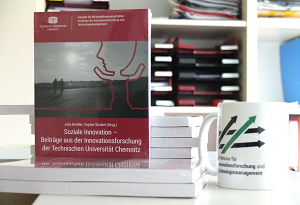
Great joy at the professorship in the morning hours of June 23, 2017 - the long-awaited package with copies of the editor's volume has arrived. In this, various "contributions" about social innovation by young researchers are represented.
Contact Person
Link to the project folder (internal)
3rd ARTEM OCC
Creativity, Innovation and Sustainability in the Age of Disruptions: Dealing with Global Challenges through Trans- and Interdisciplinary Approaches
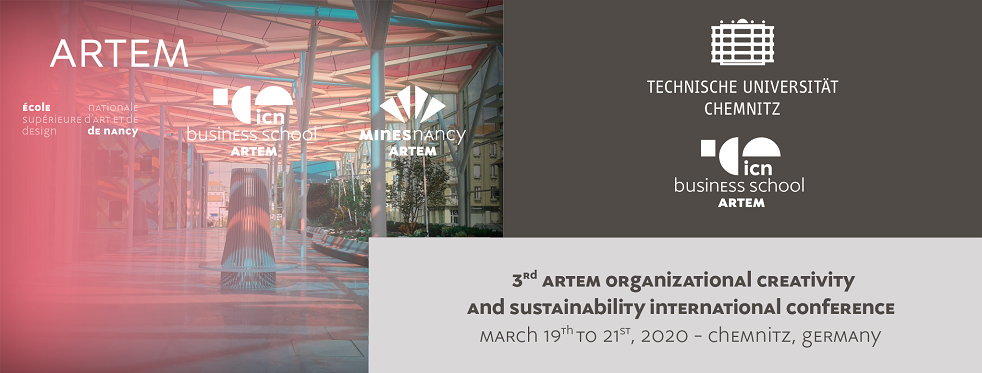
The upcoming third ARTEM OCC conference 2020 will be held at the Chemnitz University of Technology in Chemnitz, Germany. We aim to bring various scholars and stakeholders together to discuss and explore research that offers new insights into creative and systemic approaches and innovation processes that cross cultural and disciplinary borders - especially between art, management and technology - for a sustainable impact on society.
The general intention of the conference is to provide inter- and transdisciplinary encounters among participants. In addition to traditional paper presentations, contributions are welcome on discussion forums, case studies, artistic and playful interventions or practical demonstrations.
Download the Call for Paper.
Contact
Prof. Dr. Stefan Hüsig – stefan.huesig@wirtschaft.tu-chemnitz.de
Anja Herrmann-Fankhänel – anja.herrmann-fankhaenel@wirtschaft.tu-chemnitz.de
Download
Link to project folder
Partners & Sponsors
Growth and internationalization strategies for the digitization of consulting (WISDiBe)
R&D project in cooperation with Sii - Studio Innovatiors International Europe GmbH Dresden
Studio Innovators International Europe GmbH, Sii for short, is a young company from Dresden. Sii has developed a cloud-based software that enables the implementation of a consultation, the documentation of the content shown, as well as the subsequent analysis and thus also the improvement of the consultation.
In the medium and long term, other markets are of great interest to Sii. On the one hand, this relates to industries in which the software could be used within the framework of standardized verbal communication processes. On the other hand, the applicability or the potential customer interest in new target countries or regions for the sectors already addressed is to be examined. Because of this, it is necessary for the project team on the one hand to create market analyzes and, if necessary, market entry strategies for the internationalization of the software, and on the other hand to examine the requirements of other industries and the respective industry attractiveness with regard to the market entry of the software. Based on these analyzes and evaluations, recommendations should also be made with regard to new orchanged requirements for the existing software can be derived. The project thus moves at the interface between international management / marketing (market entry strategies / internationalization) and strategic innovation management (market entry into new industries / product development).
Target
The market launch of Sii's existing software is to be researched, checked and evaluated in additional countries and other industries.
Central questions
Questions to be dealt with in the project:
- Which concepts and theories are suitable? Which empirical findings already exist on the topic?
- For which other industries does the Sii software appear suitable? What additional software requirements are there in these industrial sectors? Would a market entry be attractive for Sii? Which entry strategy would be recommended for Sii?
- For which new markets does the use of Sii's software appear suitable? What additional software requirements are there in these new markets? Would a market entry be attractive for Sii? Which entry strategy would be recommended for Sii?
Contact Person
- Prof. Dr. Stefan Hüsig (innovation research and technology management)
- Anja Herrmann-Fankhänel (innovation research and technology management)
- Dr. Frederick Steinke (Sii - Studio Innovatiors International Europe GmbH)

Sustainability management in the NGO sector (NaMaNGO)
Research project in cooperation with Islamic Relief Germany
Building on the R & D project "Reflexive use of resources as an activity - sustainability management in the context of socially oriented organizations (RESTON)", the research project "Sustainability Management in the NGO Sector (NaMaNGO)" focuses on socially oriented organizations worked on the following questions with Islamic Relief Germany:
- How is the current state of research on the topic of sustainability management at NGOs internationally and in German-speaking countries?
- How is the current degree of dissemination and maturity in sustainability management in the NGO sector in Germany?
- What implications can be derived for the sustainability management of Islamic Relief Germany?
Proceed
In a student application project with a duration of one year (1.4.2019-31.3.2020) with four students from the Management & Organization Studies course, the current state of research on the topic of sustainability management at NGOs, the current degree of dissemination and maturity as well as the implications for the Sustainability management developed by Islamic Relief Germany. Further activities are being planned.
Partner

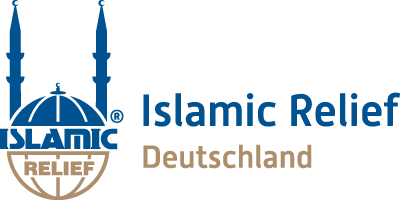
Transfer Alliance Cleaning 4.0 (TaRein4.0) - Adaptive cleaning systems and plants
Strategy workshops for the RUBIN alliance TaRein 4.0
The RUBIN alliance TaRein 4.0 is committed to the development of intelligent industrial cleaning systems. 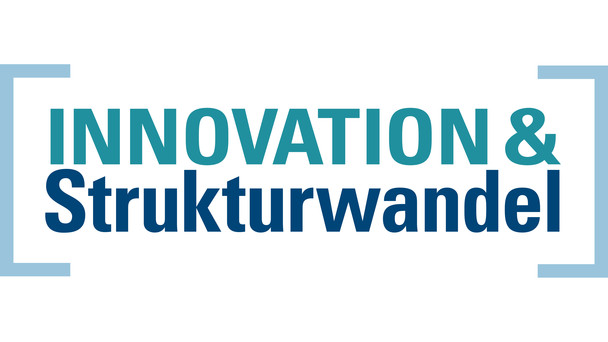
These promise, especially in the food and component industries, hygienic production as well as economically and ecologically efficient cleaning. Last but not least, residue-free cleaning ensures consumer protection and the quality of the products. In addition, there are opportunities for exploitation in application-related industries such as the pharmaceutical and cosmetics industry, biotechnology and the chemical industry.
TaRein 4.0 is now called the “cleaning innovation alliance”.
E-Pisa
Energy self-sufficient, wireless piezoelectric MEMS sensors and actuators in medical technology and Industry 4.0
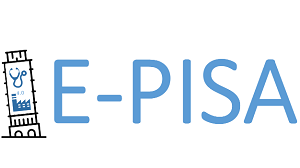 Microelectromechanical systems (MEMS) have become elementary components in our everyday life to this day: As sensors in entertainment electronics and medical technology as well as sensors and actuators in industry, their influence ranges from the detection of acoustic and mechanical vibrations to the detection of movement and temperature and humidity measurement, from gas analysis to micro-optical, medical technology products. Industry roadmaps (Bosch, Intel, TI, HP, Yole, and many more) predict exponential growth to up to a trillion sensors per year by 2021, driven by the development of IoT (Internet of Things). In the future, “smart systems” will be required in particular for applications in medical diagnostics, which Energy self-sufficient, wireless and highly miniaturized can be produced. Examples of this are catheter-based pressure measurements or endoscope-based imaging methods for direct (in vivo) use in the human body. The aim of the work of this research group is to develop solutions for these tasks and to verify them on the basis of two demonstrators, which, compared to the state of the art, enable highly miniaturized, non-invasive or minimally invasive diagnostics and thus greatly reduced stress for the patient. The project thus addresses, among other things, IuK-Technologien for medical technology that play a key role in coping with the take demographic change.
Microelectromechanical systems (MEMS) have become elementary components in our everyday life to this day: As sensors in entertainment electronics and medical technology as well as sensors and actuators in industry, their influence ranges from the detection of acoustic and mechanical vibrations to the detection of movement and temperature and humidity measurement, from gas analysis to micro-optical, medical technology products. Industry roadmaps (Bosch, Intel, TI, HP, Yole, and many more) predict exponential growth to up to a trillion sensors per year by 2021, driven by the development of IoT (Internet of Things). In the future, “smart systems” will be required in particular for applications in medical diagnostics, which Energy self-sufficient, wireless and highly miniaturized can be produced. Examples of this are catheter-based pressure measurements or endoscope-based imaging methods for direct (in vivo) use in the human body. The aim of the work of this research group is to develop solutions for these tasks and to verify them on the basis of two demonstrators, which, compared to the state of the art, enable highly miniaturized, non-invasive or minimally invasive diagnostics and thus greatly reduced stress for the patient. The project thus addresses, among other things, IuK-Technologien for medical technology that play a key role in coping with the take demographic change.
Final report
Final report: Böttger, S., Bucher, J., Kriebel, D., Meinel, K., Solonenko, D., Stiebing, M., Stöckel, C. (2020): Final report ESF junior research group E-PISA: Energy self-sufficient, wireless piezoelectric MEMS sensors and actuators in medical technology and Industry 4.0, TU Chemnitz, DOI, NBN.
Participating professorships and institutions
Center for Microtechnologies (Prof. Karla Hiller)
Professorship for Innovation Research and Technology Management (Prof. Stefan Hüsig)
Professorship of Microsystems and Medical Technology (Prof. Jan Mehner)
Professorship for Microtechnology (Prof. Thomas Otto)
Professorship Nanoelectronics Technologies (Prof. Stefan E. Schulz)
Professorship of Materials and Reliability of Microtechnical Systems (Prof. Bernhard Wunderle)
Professorship of Semiconductor Physics (Prof. Dietrich R. T. Zahn)
Project staff
Prof. Dr. Karla Hiller (project management, center for microtechnologies)
Dr. Chris Stöckel (Project Leader, Center for Microtechnologies)
Julien Bucher, M.A. (Project Leader, Professorship for Innovation Research and Technology Management)
Simon Böttger, M.Sc. (Professorship Nanoelectronics Technologies)
David Kriebel, M.Sc. (Professorship of Microsystems and Medical Technology)
Katja Meinel, M.Sc. (Professorship for Microtechnology)
Dr. Dmytro Solonenko ((Professorship Semiconductor Physics))
Martin Stiebing, M.Sc. (Professorship of Materials and Reliability of Microtechnical Systems)
2019 Outstanding Paper Award Winner at Transducer 2019
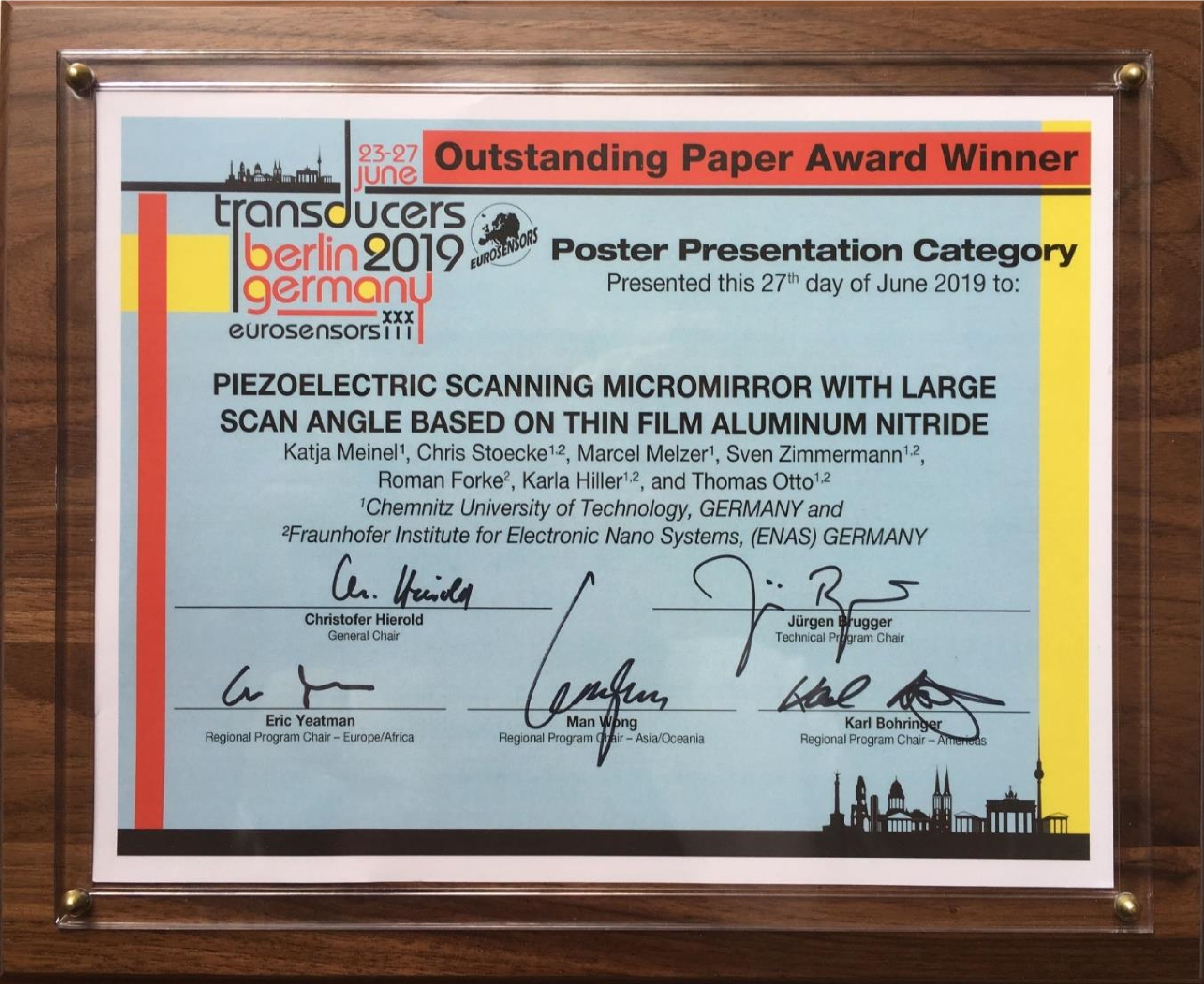
Publications
| No. | author | publication |
|---|---|---|
| 1 | D. Solonenko, O. D. Gordan, G. Le Lay, D. R. Zahn, and P. Vogt | Comprehensive Raman study of epitaxial silicene-related phases on Ag (111), Beilstein Journal of Nanotechnology 9, 1357-1365 (2017) |
| 2 | D. Solonenko, J. Gasiorowski, D. Apaydin, K. Oppelt, M. Nuss, W. Keawsongsaeng, G. Salvan, K. Hingerl, N. S. Sariciftci, D. R. Zahn, P. Thamyongkit | Doping-Induced Polaron Formation and Solid-State Polymerization in Benzoporphyrin–Oligothiophene Conjugated Systems, J. Phys. Chem. C 121 (44), 24397-24407 (2017) |
| 3 | D. Solonenko, V. Dzhagan, S. Cahangirov, C. Bacaksiz, H. Sahin, D. R. Zahn, and P. Vogt | Hydrogen-induced sp2−sp3 rehybridization in epitaxial silicene, Phys. Rev. B 96 (23), 235423 (2017) |
| 4 | D. Solonenko, A. Ehm, D.R.T. Zahn, P. Vogt |
Chemical Properties of Silicon in 2D and quasi-1D Epitaxial Structures, International conference “Flatlands Beyond Graphene-2018, Leipzig, 2018, p. 18 |
| 5 | D. Solonenko et al | Spectroscopic characterization of the silicene multilayer phase on Ag(111), Deutsche Physikallische Gesellschaft Tagungen 2018, Berlin, 2018 |
| 6 | D. Kriebel, H. Schmidt, M. Freitag and J. E. Mehner |
Automated reduced order model generation for MEMS," 2018 Symposium on Design, Test, Integration & Packaging of MEMS and MOEMS (DTIP), Roma, 2018, pp. 1-6 |
| 7 | Boettger, S., Joehrmann, N., Bonitz, J., Wunderle, B., Schulz, S., E., Hermann, S | Scaling up Integration of Carbon Nanotubes into Micro-Electro-Mechanical Systems, Conf. Proceedings Smart Systems Integration 2018 SSI, Dresden (2018) |
| 8 | A. Dressler & J. Bucher | Introducing a sustainability evaluation framework based on the Sustainable Development Goals applied to four cases of South African frugal Innovation. Special Issue: The role of SDGs for progressing sustainability, Business Strategy and Development, 276-285, DOI |
| 9 |
J. Bucher & J. P. Schmitten |
How visionaries and narratives explicate possible futures and create paths from imagination to innovation. Exploring the Fiction-Innovation-Nexus looking at the narratives, manifestation and discourses of MEMS, the Hyperloop and blockchain technologies. New Economic Sociology NES Workshop 2019, 20.-21.05.2019, Warsaw |
| 10 | Y. M. Azhniuk, D. Solonenko, V. Y. Loya, V. Kryshenik, V. Lopushansky, A. Mukherjee, A. Gomonnai, and D. Zahn | Flexoelectric and local heating effects on CdSe nanocrystals in amorphous As2 Se3 films. Materials Research Express, 6(9):095913, 2019 |
| 11 | Y. M. Azhniuk, V. Dzhagan, D. Solonenko, V. Loya, I. Grytsyshche, V. Lopushansky, A. Gomonnai, and D. R. Zahn | In-doped As2Se3 thin films studied by Raman and X-ray photoelectron spectroscopies. Applied Surface Science, 471:943–949, 2019 |
| 12 | D. Solonenko, O. Selyshchev, D. R. Zahn, and P. Vogt |
Oxidation of epitaxial silicene on Ag (111). physica status solidi (b), 256(2):1800432, 2019 |
| 13 | Y. M. Azhniuk, D. Solonenko, E. Sheremet, V. Dzhagan, V. Y. Loya, I. Grytsyshche, S. Schulze, M. Hietschold, A. Gomonnai, and D. Zahn |
Structural and optical study of Zndoped As2 Se3 thin films: Evidence for photoinduced formation of ZnSe nanocrystallites. AIP Advances, 9(6):065212, 2019 |
| 14 | Y. M. Azhniuk, D. Solonenko, V. M. Dzhagan, A. Mukherjee, V. Y. Loya, I. V. Grytsyshche, V. V. Lopushansky, A. V. Gomonnai, and D. R. Zahn | Laser-induced formation of CdS crystallites in Cd-doped amorphous arsenic sulfide thin films. physica status solidi (b), 256(2):1800298, 2019 |
| 15 | Y. M. Azhniuk, D. Solonenko, V. Loya, I. Grytsyshche, V. Lopushansky, A. V. Gomonnai, and D. R. Zahn | Raman evidence for surface oxidation of amorphous As2 S3 thin films under ultraviolet irradiation. Applied Surface Science, 467:119–123, 2019 |
| 16 | Boettger, S., Joehrmann, N., Bonitz, J., Wunderle, B., Schulz, S., E., Hermann, S | Scaling up Integration of Carbon Nanotubes into Micro-ElectroMechanical Systems, Conf. Proceedings Smart Systems Integration 2018 SSI, Dresden |
| 17 | S. Böttger, J. Bonitz, M. Kini, S.E. Schulz, S. Hermann | Adding CNT-based functionality to MEMS: A technology demonstration for strain and IR sensors on wafer scale, Conf. Proceedings Mikro-Nano-Integration 2018 MNI, Dortmund |
| 18 | S. Böttger, J. Bonitz, F. Al-Falahi, S.E. Schulz, S. Hermann |
Functional carbon nanotubes for MEMS applications: Miniaturized strain sensor & black coating for infrared devices. MikroSystemTechnik Kongress, Berlin, Germany, 2019, pp. 1–4 |
| 19 | S. Böttger, C. Wagner, F. Lorkowski, M. Hartmann, J. Schuster, S. Hermann |
Sensitivity control of carbon nanotube-based piezoresistiv sensors by drain-induced barrier thinning. Sensors and Actuators A 295:288–295, 2019 |
| 20 |
S. Böttger, C. Wagner, F. Lorkowski, M. Hartmann, G. Heldt, D. Reuter, J. Schuster, S. Hermann |
Role of contacts in carbon nanotube giant piezoresistive sensors, 20th International Conference on Solid-State Sensors, Actuators and Microsystems & Eurosensors XXXIII (TRANSDUCERS & EUROSENSORS XXXIII), Berlin, Germany, 2019, pp. 2400–2403 |
| 21 | J. Bucher and J. P. Schmitten | How visionaries and narratives explicate possible futures and create paths from imagination to innovation. Exploring the Fiction-Innovation-Nexus looking at the narratives, manifestation and discourses of MEMS, the Hyperloop and blockchain technologies. New Economic Sociology NES Workshop 2019, 20.- 21.05.2019, Warsaw |
| 22 | J. Bucher and S. Hüsig | Innovation as Manifesting Imagination: Exploring the Role of Imaginations and Imaginators at the Front-End of Innovation, R&D Management Conference 2019, 17.-21.06.2019, Paris, France |
| 23 | J. Bucher and S. Hüsig | Conceptualizing Imagination as an Inherent Element of the Innovation Process. ArtemOCC 2020, 19.-21.03.2020, Chemnitz, Book of Abstracts, ARTEM OCC 2020 Edition, 162-165 |
| 24 | J. Bucher and A. Weller | From the Visual Turn to Turned Up Visuality: Modes of Interaction in the Digitalized Era and Ways to Utilize Them. In: Fields, Z., Bucher, J. & Weller, A. (Eds., 2019): Imagination, Creativity, and Responsible Management in the Fourth Industrial Revolution, IGI Global. |
| 25 | A. Dressler and J. Bucher | Introducing a sustainability evaluation framework based on the Sustainable Development Goals applied to four cases of South African Frugal Innovation. Special Issue: The role of SDGs for progressing sustainability, Business Strategy and Development, 2018, 276-285, https://doi.org/10.1002/bsd2.37 |
| 26 | M. Ezawa, E. Salomon, P. De Padova, D. Solonenko, P. Vogt, M. Dvila, A. Molle, T. Angot, and G. Le Lay | Fundamentals and functionalities of silicene, germanene, and stanene. La Rivista del Nuovo Cimento, 41:175, 2018 |
| 27 | Z. Fields, J. Bucher and A. Weller | Preface. In: Fields, Z., Bucher, J. & Weller, A. (Eds.): Imagination, Creativity, and Responsible Management in the Fourth Industrial Revolution, 2019, IGI Global |
| 28 | Z. Fields, J. Bucher and A. Weller (Eds.) | Imagination, Creativity, and Responsible Management in the Fourth Industrial Revolution, 2019, IGI Global |
| 29 | R. Frenz, J. Bucher and A. Hermann-Fankhänel | Is an Artist a Better Scientist? An Empirical Analysis on the Impact That Artistic Activity Has on a Scientist's Achievement. In: Fields, Z., Bucher, J. & Weller, A. (Eds., 2019): Imagination, Creativity, and Responsible Management in the Fourth Industrial Revolution, IGI Global |
| 30 | M. Hartmann, J. Tittmann-Otto, S. Böttger, G. Heldt, M. Claus, S.E. Schulz, M. Schröter, S. Hermann | Gate Spacer Investigation for Improving the Speed of High-Frequency Carbon Nanotube-Based Field-Effect Transistors ACS APpl. Mater. Interfaces 2020, 12, 27461–27466 |
| 31 | D. Heinbucher and J. Bucher | How do shared mental models foster team creativity? A team level analysis of drivers of ideation in the team creativity process of innovation teams. 3rd ARTEM Organizational Creativity and Sustainability International Conference, 19.-21.03.2020, Chemnitz, Book of Abstracts, ARTEM OCC 2020 Edition, 75-77 |
| 32 | C. Huber and J. Bucher | Drink the Jungle: Business shamans and their unconventional coaching methods. 3rd ARTEM Organizational Creativity and Sustainability International Conference,19.-21.03.2020, Chemnitz, Book of Abstracts, ARTEM OCC 2020 Edition, 170-173 |
| 33 | D. Kriebel and J. E. Mehner | An Accurate Method for Automated Reduced Order Modelling of Frequency Depending Fluid-Structure Coupling Effects in Modal Subspace," 2019 Symposium on Design, Test, Integration & Packaging of MEMS and MOEMS (DTIP), Paris, France, 2019, pp. 1-6 |
| 34 | D. Kriebel, H. Schmidt, M. Schiebold, M. Freitag, B. Arnold, M. Naumann, J. E. Mehner | "Design Automation for Micro-Electro-Mechanical Systems," 2018 International Semiconductor Conference (CAS), Sinaia, 2018, pp. 43-50 |
| 35 | D. Kriebel, H. Schmidt, M. Freitag and J. E. Mehner | "Automated reduced order model generation for MEMS," 2018 Symposium on Design, Test, Integration & Packaging of MEMS and MOEMS (DTIP), Roma, 2018, pp. 1-6 |
| 36 | G. Le Lay, D. Solonenko, and P. Vogt | Synthesis of silicene. In Silicene, pages 99–113. Springer, Cham, 2018 |
| 37 | K. Meinel, C. Stöckel, M. Melzer, S. Zimmermann, R. Forke, K. Hiller, T. Otto | "Piezoelectric scanning micromirror with built-in sensors based on thin film aluminum nitride," 2019 IEEE SENSORS, Montreal, QC, Canada, 2019, pp. 1-4 |
| 38 | K. Meinel, C. Stöckel, M. Melzer, S. Zimmermann, R. Forke, K. Hiller, T. Otto | Outstanding Paper Award, TRANSDUCERS & EUROSENSORS XXXIII, Berlin, Germany, 2019, June 27 |
| 39 | K. Meinel, C. Stöckel, M. Melzer, S. Zimmermann, R. Forke, K. Hiller, T. Otto | "Piezoelectric scanning micromirror with built-in sensors based on thin film aluminum nitride," in IEEE Sensors Journal, 2020, doi: 10.1109/JSEN.2020.2997873 |
| 40 | J. Molina, J. Bucher, S. Speelman & A. Lange | Understanding frugal innovations in the water sector and their impact on sustainable development: insights from two social innovations in México. 3rd ARTEM Organizational Creativity and Sustainability International Conference, 19.-21.03.2020, Chemnitz, Book of Abstracts, ARTEM OCC 2020 Edition, 95-98 |
| 41 | J. Molina-Maturano, J. Bucher and S. Speelman | Understanding and Evaluating the Sustainability of Frugal Water Innovations in México: An Exploratory Case Study. Journal of Cleaner Production (2020), https://doi.org/10.1016/j.jclepro.2020.122692 |
| 42 | D. Solonenko, A. Ehm, D.R.T. Zahn, P. Vogt | Chemical Properties of Silicon in 2D and quasi-1D Epitaxial Structures, International conference “Flatlands Beyond Graphene-2018, Leipzig, 2018, p. 18 |
| 43 | D. Solonenko, V. Dzhagan, S. Cahangirov, C. Bacaksiz, H. Sahin, D. R. Zahn, and P. Vogt | Hydrogen-induced sp2 - sp3 rehybridization in epitaxial silicene. Physical Review B, 96(23):235423, 2017 |
| 44 | . Solonenko, J. Gasiorowski, D. Apaydin, K. Oppelt, M. Nuss, W. Keawsongsaeng, G. Salvan, K. Hingerl, N. S. Sariciftci, D. R. Zahn, P. Thamyongkit | Doping-induced polaron formation and solid-state polymerization in benzoporphyrin–oligothiophene conjugated systems. The Journal of Physical Chemistry C, 121(44):24397–24407, 2017 |
| 45 | D. Solonenko, O. D. Gordan, G. Le Lay, D. R. Zahn, and P. Vogt | Comprehensive Raman study of epitaxial silicene-related phases on Ag (111). Beilstein journal of nanotechnology, 8(1):1357–1365, 2017 |
| 46 | D. Solonenko and P. Vogt | Epitaxial silicene. In 21st Century Nanoscience - a Handbook, page n/a. CRC Press, 2020 |
| 47 | D. Solonenko, C. Schmidt, C. Stoeckel, K. Hiller, and D. R. Zahn |
The limits of the postgrowth optimization of AlN thin films grown on Si (111) via magnetron sputtering. physica status solidi (b), page 1900400, 2019 |
| 48 | O. Stroyuk, A. Raevskaya, F. Spranger, O. Selyshchev, V. Dzhagan, D. Solonenko, N. Gaponik, D. R. Zahn, and A. Eychmüller |
Mercury-indium-sulfide nanocrystals: A new member of the family of ternary in based chalcogenides. The Journal of Chemical Physics, 151(14):144701, 2019 |
| 49 | P. Thoma, M. Monecke, O.-M. Buja, D. Solonenko, R. Dudric, O.-T. Ciubotariu, M. Albrecht, I. G. Deac, R. Tetean, D. R. Zahn, G. Salvan | Polycrystalline La1−x SrxMnO3 films on silicon: Influence of post-deposition annealing on structural, magneto-optical, and magnetoelectrical properties. Applied Surface Science, 427:533–540, 2018 |
| 50 | C. Wagner, T. Blaudeck, P. Meszmer, S. Böttger, F. Fuchs, S. Hermann, J. Schuster, B. Wunderle, S.E. Schulz | Carbon Nanotubes for Mechanical Sensor Applications. physica status solidi (a), 216:19, 2019, p. 1900584 |

Reflective use of resources as an activity
Sustainability management in the context of socially oriented organizations (RESTON)
Responsible entrepreneurship and organizational sustainability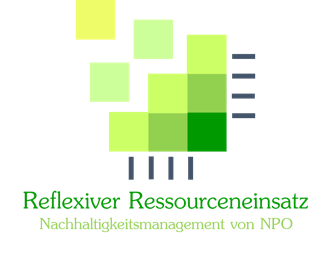
are now an indispensable topic on the agenda of every progressive organizational management. Sustainable resource management is particularly important for non-profit organizations (NPO) and non-governmental organizations (NGO).
The regenerative and generating use of material and immaterial resources seems to be decisive here (Albert et al. 2015).
Intention and goal setting
The project intends to link the organizational and individual implementation of sustainability strategies in NPOs, the focus of which is a technical and emancipatory interest in knowledge. We are pursuing three goals:
-
Conceptualization of an analytical sustainability management based on activity theory
-
Promotion of a typology of sustainable activities in NPO
-
Development of a design concept for the reflective resource approach
Method
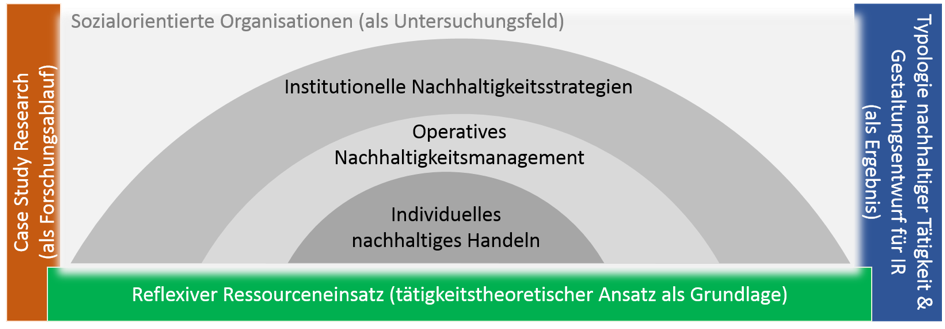
Project management
The project will be implemented from April 1st, 2017 to March 31st, 2018 in five work packages:
Project management: Dipl.-Hdl. Julia Breßler (bis 15.7.2017); Dr. Martin Albert (ab 16.7.2017)
Project staff: Annemarie Donath, Sabine Landow, Tommi Löffler, Nicole Wendisch, Sabine Zweigert
Project responsibility: Prof. Dr. Stefan Hüsig
Partner


Previous history
01.04.2017
Start of the project
19.06.2017
Kick-off event (agenda): The R&D project was officially started today as part of a kick-off. In addition to a lecture on sustainability management by / in NPOs, we discussed individual sustainable awareness and action. Many thanks to the participants!
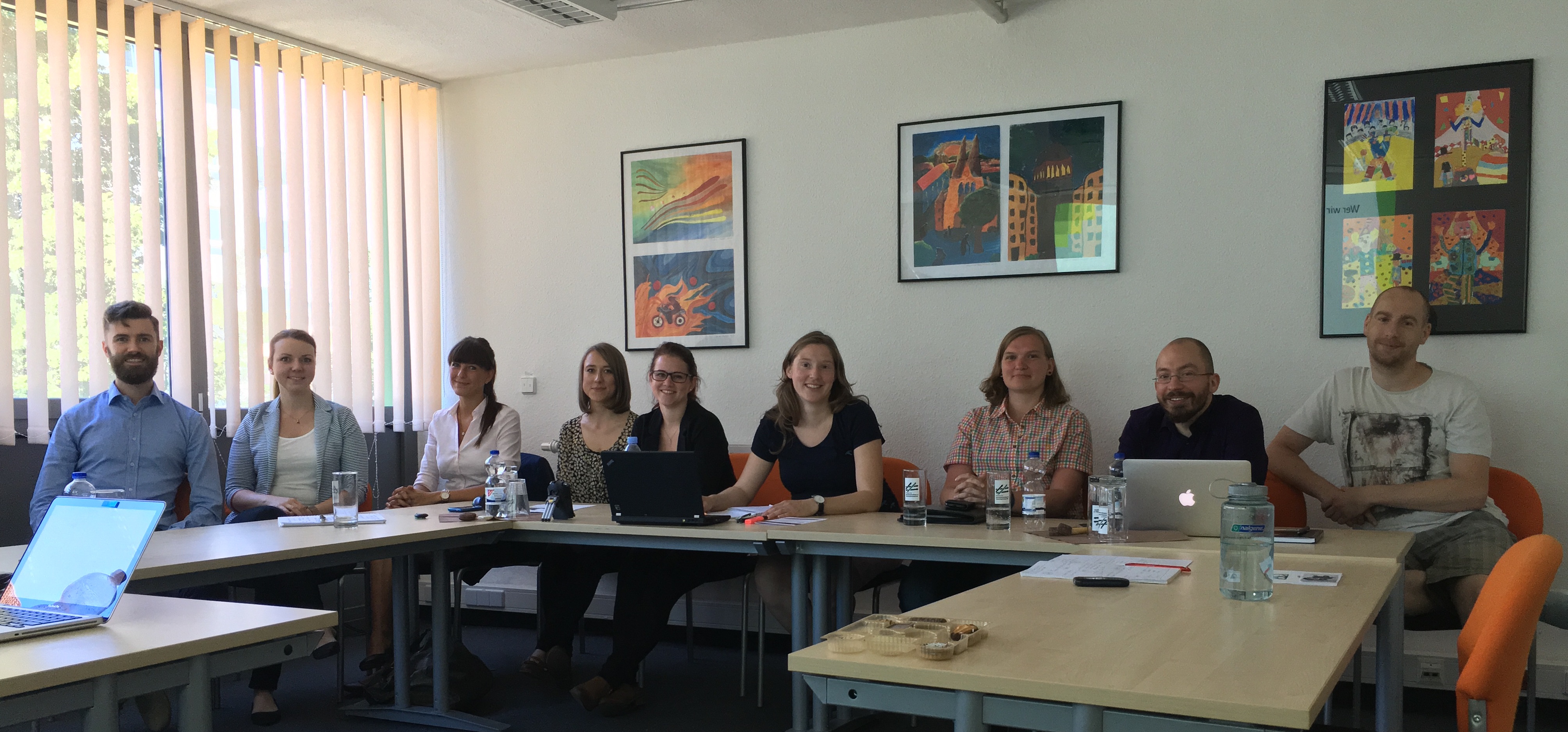 (Quelle: Tommi Löffler)
(Quelle: Tommi Löffler)
21.06.2017
GoNext day at the TU Chemnitz and the project is included with a poster.
09.08.2017
Visit to Islamic Relief at the headquarters in Cologne: As part of our data collection, we were given an insight into the non-profit organization. After the presentation of Islamic Relief Germany, we were able to exchange ideas about the previous sustainability concept of Islamic Relief. The visit was concluded with a tour of the building and a subsequent lunch in the communal kitchen. Thanks to everyone involved!
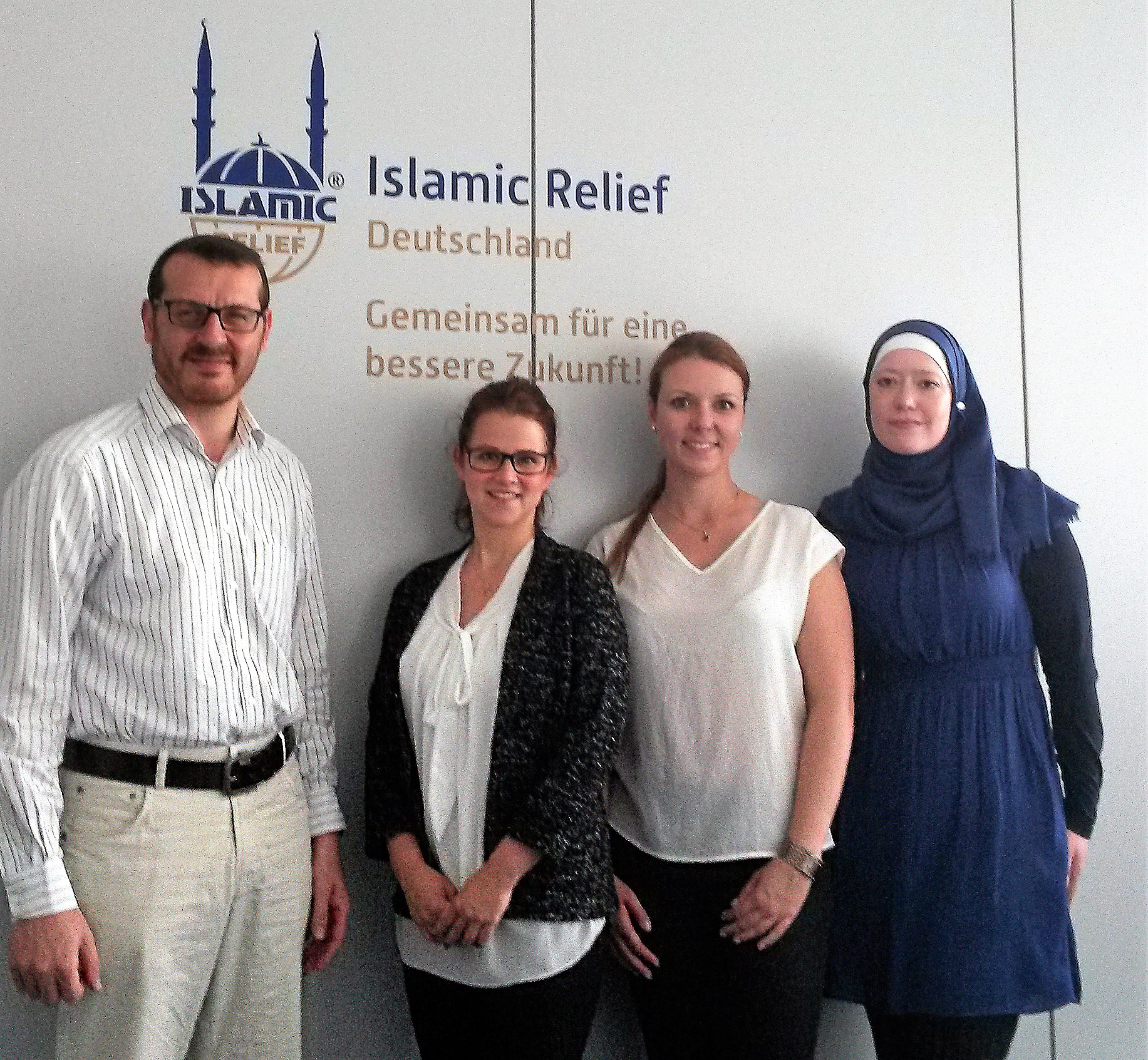
From October 2017
We are currently in the case study phase.
Expansion learning project sustainability officer (ELP NHB)
Intention
The main concern of the project was the integration of expansive learning into university didactics. We wanted to use this concept and bring it together with the content "sustainability".implementation

Autorin: E.Koch
Didactic concept
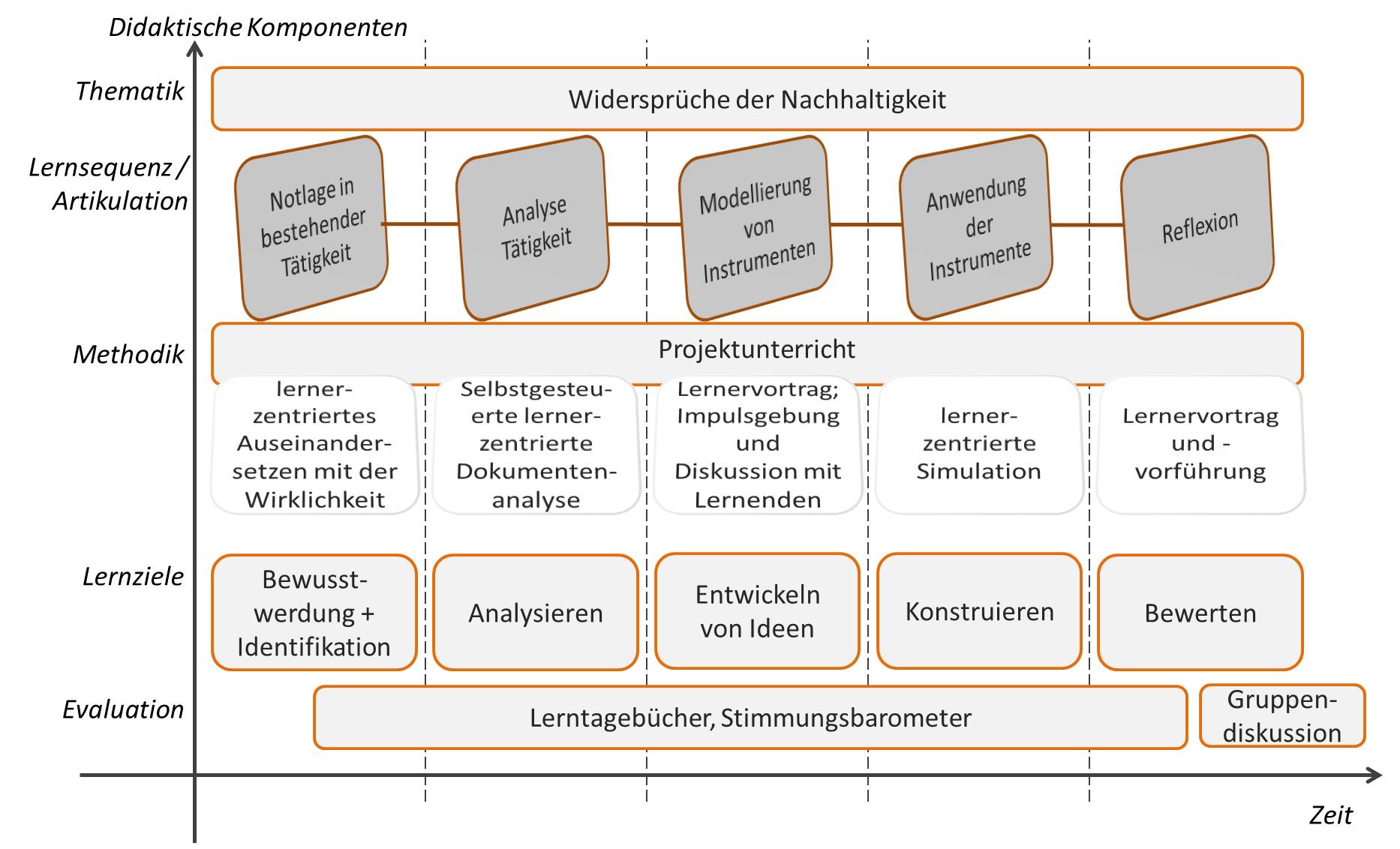
Quelle: J. Breßler (eigene Darstellung)
Previous history
09.10.2014: Announcement of funding for the project as a teaching-learning project by the University Didactic Center Leipzig (HDS). The project is supported by LiT, in particular Anja Weller.
06.11.2014: Dr. Martin Albert and Julia Breßler were at the festive announcement of the funding as part of the HDS.Forum in Freiberg: https://www.tu-chemnitz.de/uk/pressestelle/aktuell/1/6229
06.02.2015: Kick-off event for all funded teaching-learning projects in Chemnitz (Julia Breßler and Sophie Strobel were there)
01.04.2015: Official start of the LLP
07.04.2015: Start of the application project groups
23.06. - 25.06.2015: Enrollment in the seminar "Sustainability Management" and the projects "Responsible and sustainable action by public institutions".
Summer semester 2015:
- The two AWP groups worked together with their mentors Julia Breßler and Stefan Ibold (didactic concept) as well as Martin Albert and Anna Lanfermann (sustainability) to develop a suitable research strategy.
- So far, 8 students have applied for the professional field seminar and 19 for the professional field project
beworben.
15.10.2015 Start of the professional field seminar, the professional field case study and the professional field project
04.11.2015 Poster presentation of the project at the poster session at the HDS Forum
31.03.2016 Submission of student reports
30.04.2016 Final report and workshop report on the project evaluation were submitted to the HDS and will be available for publication soon
17.11.2016 Publication of the article in the HDS.Journal (available here)
Employees and assistants involved
- Martin Albert (Research Associate, Supervision AWP Sustainability)
- Julia Breßler (Research Associate, Coordination and Supervision of the AWP Learning Process)
- Christian Huber (research assistant, project coordination)
- Evelina Koch (research assistant, project coordination)
- Stefan Ibold (research assistant, tutor AWP learning process)
- Anna Lanfermann (Research Assistant, Tutor AWP Sustainability)
The participants of the AWP with their supervisors and tutors
(Fotografin: E. Koch)
Partner


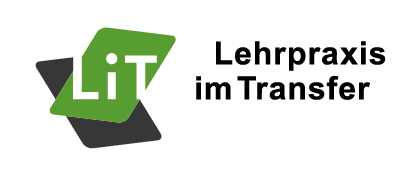
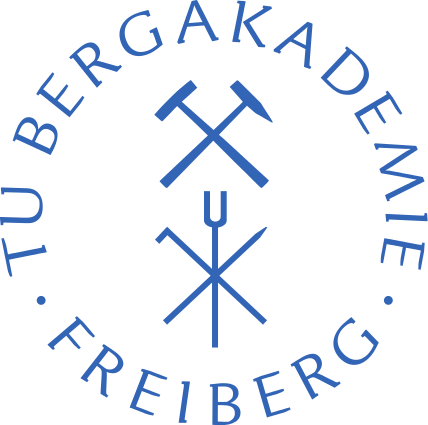
Publications
| year | author | title |
|---|---|---|
| 2016 | Breßler, Julia; Koch, Evelina | Expansion learning project sustainability officer (ELP NHB). In: HDS.Journal 2/2016, pp. 51-57. |
| 2015 | Albert, Martin | Opposites of sustainability |
| 2015 | Breßler, Julia | Didactics of creative destruction - construction of an expansive educational concept |
| 2015 | Albert, Martin; Hartwig, Melanie; Hüsig, Stefan; Lanfermann, Anna | |
| 2017 | Albert, M.; Breßler, J.; Hüsig, S. |
Research project WERTSTOFF culture
Kulturgesichter Chemnitz Requests to speak
Collection and description of the effects of the corona pandemic as well as the state and nationwide measures to contain the infection occurrence on Chemnitz culture and culture professionals
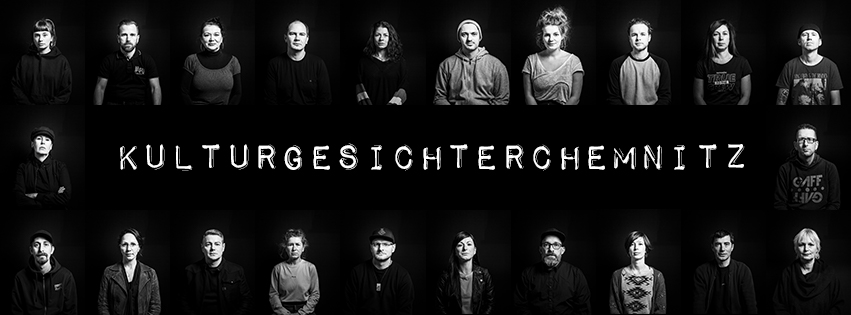 In cooperation with the "Kulturgesichter Chemnitz" initiative
In cooperation with the "Kulturgesichter Chemnitz" initiative
Case Study Research Design with multi-actor survey:
- Artist
- Locations
- production
- Catering
- technician
- among others
Objectives:
- For those involved in culture: Appreciation through listening and support in communicating to the outside world about their situation
- For society: Description of the cultural landscape and cultural economy in Chemnitz - understanding of the Chemnitz art and cultural organization
- For science: Survey and description of the status quo of the cultural industry / cultural landscape in Chemnitz under the current conditions of the pandemic - bundling of individual perspectives
Timeline:
Phase 1 since 01.01.2021: 30 digital interviews were conducted with the cultural faces
Phase 2 since 01.05.2021: the interviews have been completed and are now being transcribed
Phase 3 since 01.09.2021: Evaluation of the interviews, interpretation of results and processing
Involved:
|
|
|
||||
| E.C.E. Ingenieurbüro | Weltecho - Das Ufer e.V. | Torsten Katzschner tokabeatz UG & Co KG |
||||
|
|
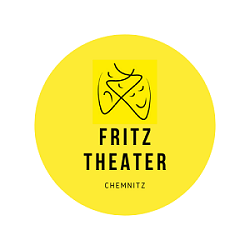 |
||||
| Erzgebilly | AMPATHY Ronny Seifert |
FRITZ THEATER | ||||
|
|
|
||||
| Michael Sambale | JaPo Security- & Personaldienstleistungen GmbH | BEATCONNECT Stephanie Ludwig |
||||
|
Tim Schell |
|
||||
| schalldruck audio | Ellen Schaller | KRAFTVERKEHR | ||||
 |
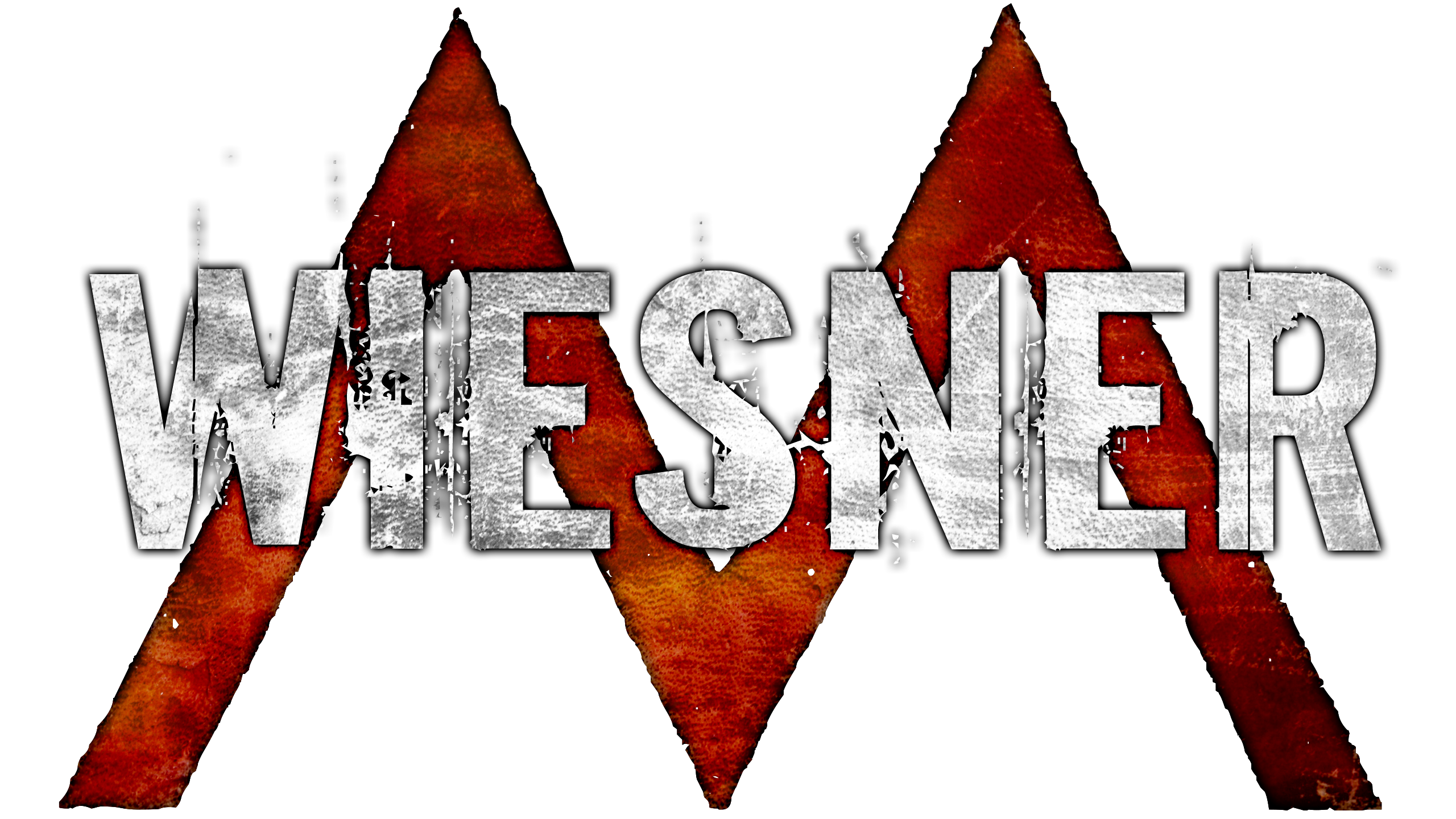 |
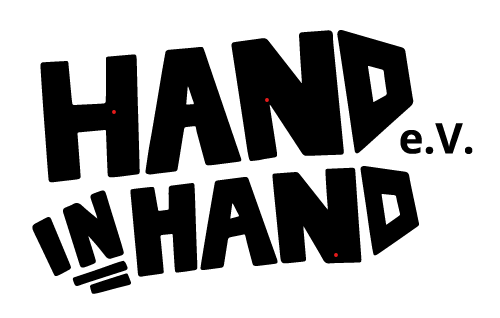 |
||||
| AJZ Chemnitz | Wi Records c/o Mazze Wiesner | |||||
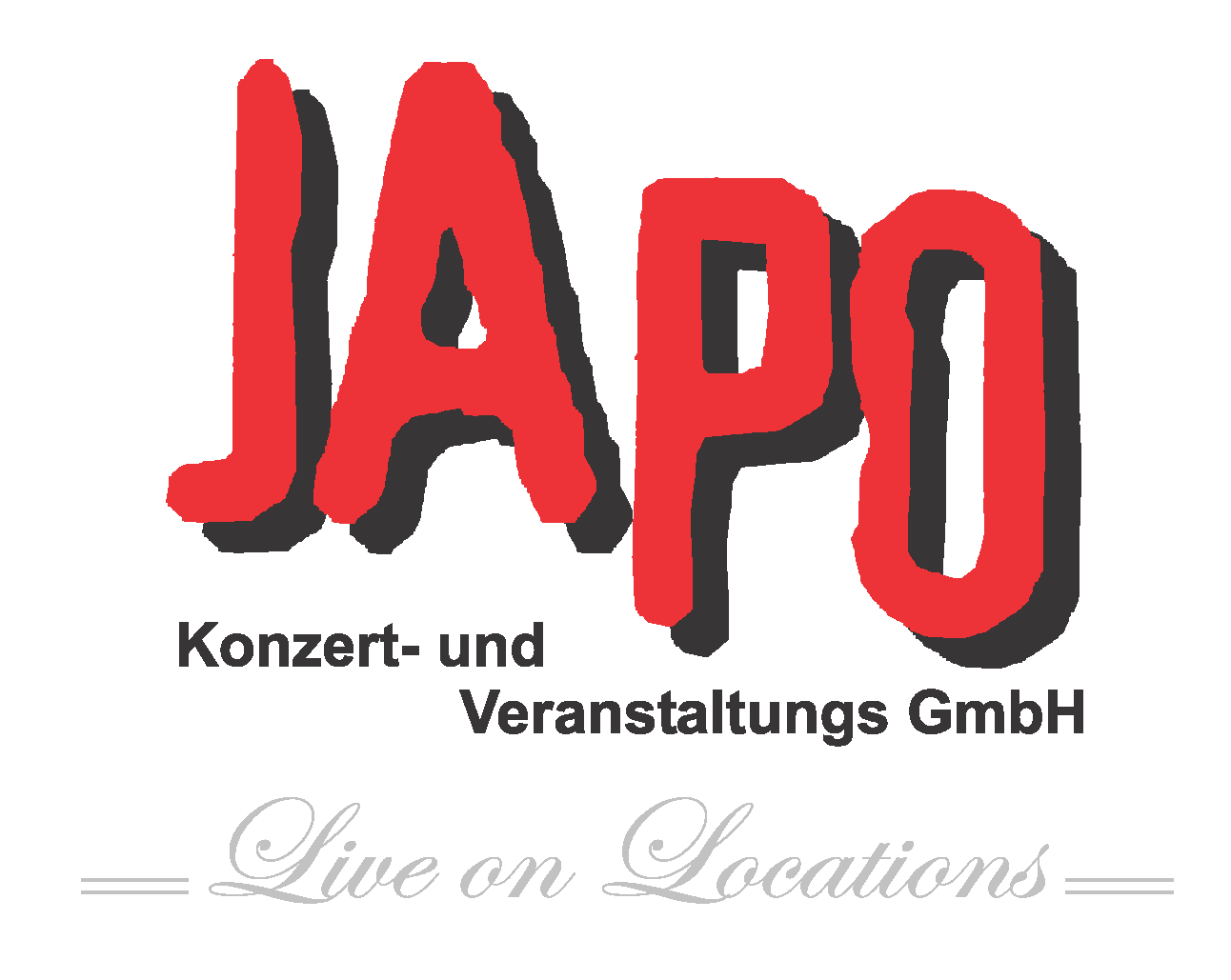 |
|
|||||
| JAPO Konzert- und Veranstlatungs GmbH | CITY TICKET Chemnitz |
Contact Person
Support
Chemnitz Economic Promotion and Development Company mbH
Cultural operations of the city of Chemnitz - Cultural management and cultural strategy 2030
Medienecho
Press release from TU Chemnitz
Advance report from the Freie Presse 16.11.21
Tag24 Reporting 08.12.21
MDR Kultur Kultur Kompakt 08.12.21, 07:30 und 10:30 Uhr
MDR Regional Report Chemnitz 08.12.21, 14:30
MDR Sachsenspiegel 09.12.21 19:00
MDR culture magazine "Noticeable" 13.12.21 20:00
City magazine KOMPASS March 2022
CALLE Radio T Culture Magazine 09.03.22 20:00
Tramp March 2022
Acceptance and participation in autonomous driving in public transport (APA trip)
The project “Acceptance and Participation in Autonomous Driving in Public Transport (APAFahrt)” examines the interplay of wishes, goals and fears of the participating and affected scientific, economic and civil society actors within the framework of the Smart Rail Connectivity Campus (SRCC)in the Erzgebirgskreis with regard to autonomous driving Driving by rail and the associated technologies such as 5G or sensors in public spaces.
On the basis of document analyzes, interviews, various participation offers and a representative population survey, needs and opportunities for information, consultation and participation in relation to the innovations developed in current and future projects will be worked out from July 2021 to June 2023. This promotes the innovation-based structural change in the region by enabling and expanding sustainable mobility and the economic success of the companies involved.
Embedding and aim of the project
APAFahrt is embedded as a single project in the Smart Rail Connectivity Campus (SRCC), which is part of the “WIR! - Change through innovation in the region funded by the Federal Ministry of Education and Research.
WIR! promotes projects that are intended to initiate sustainable structural change through the formation of regional innovation alliances from research institutions, companies and civil society actors in structurally weak regions.
In this context, it is the aim of the SRCC as a neutral institutional and infrastructural platform in the Erzgebirgskreis "[..] to initiate and promote innovations in the field of digital networking and communication in rail traffic, which above all gradually promote automated driving on the rails and integration of rail traffic in multimodal networked mobility offers. " This is intended to promote and enable sustainable mobility in the region and to contribute to the economic success of the companies involved.
Such a structural change, which is based on innovations such as 5G cell phone masts, which can generate resistance in the population, requires the creation of acceptance through information (to present the facts) and consultation (for communicative processing) in order to be successful.
The goals of “APAFahrt” are therefore the analysis of (technology) acceptance in the Erzgebirge district, the creation of various opportunities for participation within the framework of the Smart Rail Connectivity Campus (SRCC) and the derivation of a decision heuristic that relates to relevant factors for current and future projects within the framework of of the SRCC enables a decision about needs and possibilities of acceptance and participation.
Contact Person
Free art and culture in Chemnitz & the cultural strategy 2030 (KuS)
The cultural strategy 2018 - 2030 was developed in collaboration with various Chemnitz cultural workers and representatives from the areas of cultural policy, science, administration and the Capital of Culture 2025 team. The cultural strategy 2018 – 2030 has been applied in the Chemnitz art and cultural landscape since 2018. A first comprehensive evaluation of the cultural strategy 2018 -2030 will take place in 2023. The Chair of Innovation Research and Technology Management at Chemnitz University of Technology supports the evaluation of the cultural strategy 2018 - 2030. A particular focus is on the independent art and culture scene in Chemnitz.
Topics of evaluation
- Implementation status of cultural strategy
- Successes and failures of cultural work (years 2018 – 2022)
- Cultural strategy in connection with the European Capital of Culture 2025
- Continuation of existing and new projects (after the European Capital of Culture year 2025)
- Effects of the corona pandemic
Project phases and timeline
Preparation phase (January – February 2023)
Survey phase (March 2023)
Data preparation (April 2023)
Data analysis (May – June 2023)
First interim results (May 2023)
Data interpretation (June – September 2023)
Final report (October 2023)
Advice to the cultural advisory board (November – December 2023)
contact person
Final documentation of the cultural operations of the city of Chemnitz
“Giving culture space”
In 2023 and 2024, a joint evaluation process with cultural practitioners, cultural policymakers and experts took place, during which the cultural strategy was reviewed for any need for updating and clarification.
Under the leadership of the Cultural Department of the City of Chemnitz, a documentation was created after the completion of this process, which is made available to the public and offers insights into the following topics:
- Implementation status of cultural strategy measures and their possible clarification,
- Integration of themes of the European Capital of Culture Chemnitz 2025,
- Results of the survey of cultural institutions conducted by the Chemnitz University of Technology,
- Recommendations for action based on a cultural strategy summary
The City of Chemnitz's Cultural Strategy for 2018–2030 was adopted by the Chemnitz City Council on January 30, 2019. > Cultural Strategy of the City of Chemnitz
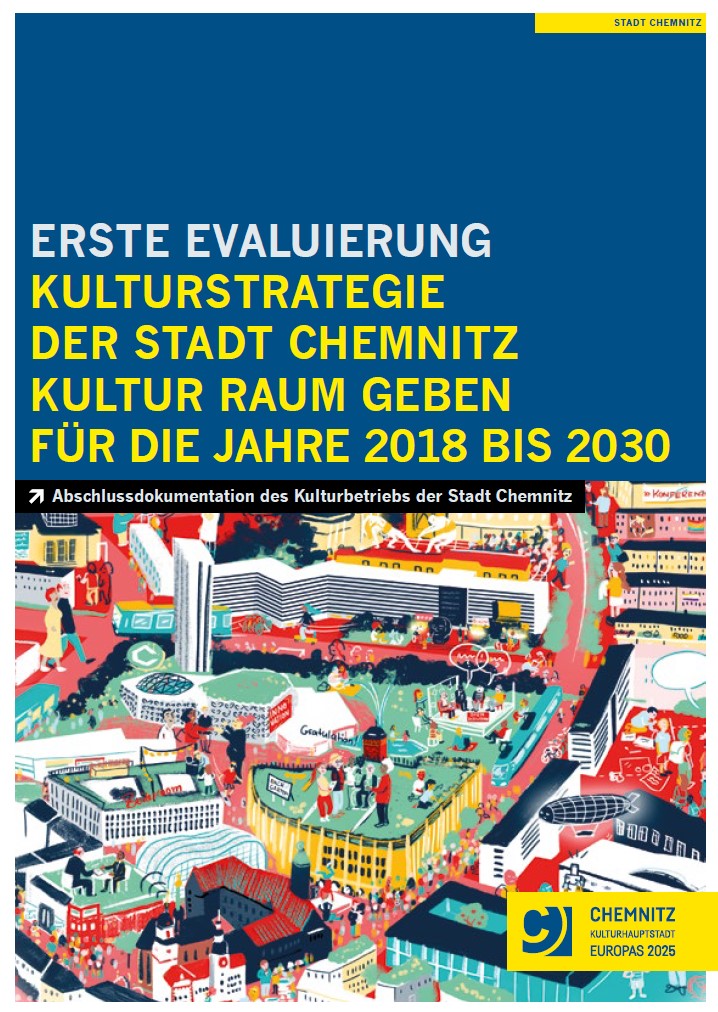
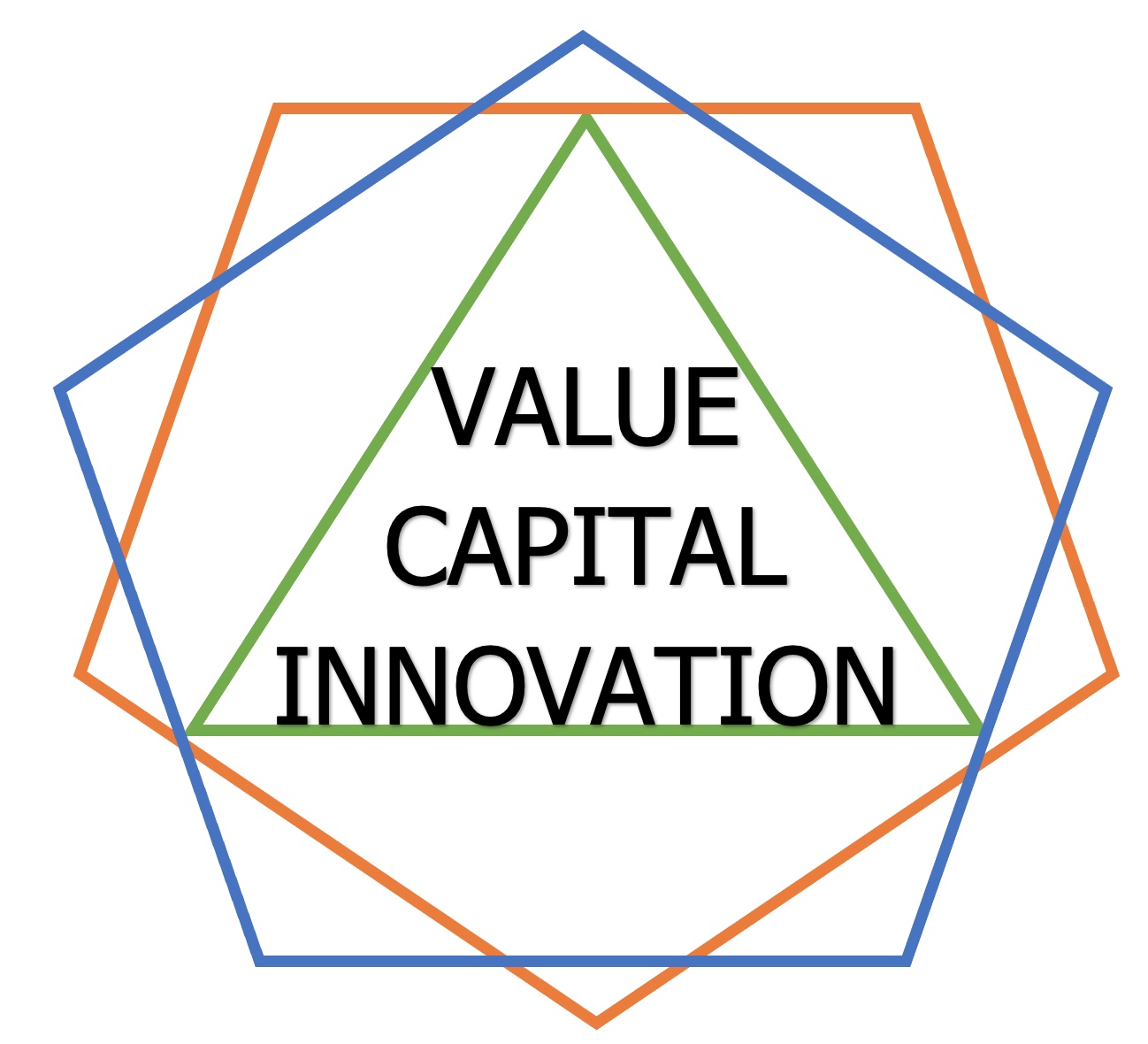 Research Project: Value Capital Innovation
Research Project: Value Capital Innovation
The study explores the field of sustainable finance and economic sustainability Value-based finance and investment concepts for small and medium-sized enterprises (SMEs) in Saxony and should be taken as an innovation-supporting measure within the framework of the State Technology Funding Saxony at the SAB. The background to this study is that the 2030 Agenda clearly calls for SMEs to be promoted and for financial resources to be made available that serve sustainable development (United Nations, 2015). This task and requirement should be examined in the Saxon context. Questions need to be addressed as to which local challenges there are with regard to financial aspects and what these actually look like and which solutions exist for them. And even if we in Saxony (and many industrialized nations) do not have to face the same problems as, for example, women in India,who feed their families with the help of, for example, microcredits for their small business, we also discriminate against women, for example, when it comes to financial instruments for entrepreneurial activity. Generally speaking, the The problem with financial resources and sustainability is that financial instruments (worldwide) are not designed in such a way that they serve an economy that in turn tries to serve sustainable development. The first steps seem to have been prepared, some of which can cover the financing requirements, for example with impact investing for inventions that have already been tried and tested with clear social effects. Interventions in earlier stages, however, will not find a financing solution. It is therefore still necessary to record and scientifically process the status quo from the perspective of many groups of actors, such as those associated with an innovation system. Specifically, there is a need for co-creative financing options (Value Capital Innovations) that are aimed at sustainable inventions in early stages of business model development.
Design Science Research
The study is to be completed in 24 months. The duration is divided into three phases, which are based on the design science research process in order to combine the practical context including challenges with the theoretical knowledge base in order to finally design innovative financial instruments and evaluate them with the actors (Hevner, 2007). The specialty of the Design Science Research approach lies in the combination of "rigor and relevance", ie the requirement of a scientific foundation while at the same time observing practical relevance. The stakeholder groups, i.e. SMEs, founders, investors and citizens are integrated into the recording of the challenges and the evaluation of possible concepts and their requirements for sustainable funding.This takes place as a "dialogue", which at the beginning of the study aims to identify the challenges, structures and problems. At the end of the study, he accelerates the discussion of possible financial instruments as well as their improved access and relevant systemic changes that are required for them. Between these dialogue phases with the actors there is the processing and connection with the theoretical knowledge base.
Timeline
01.01.22: Start of the project
31.12.23: End of the project
Involved
Contact person
Advancement
This study is funded as OTHER INNOVATION-SUPPORTING MEASURE within the framework of the State Technology Funding Saxony.
ReFoSocI - Regional focus groups for social innovations in Saxony
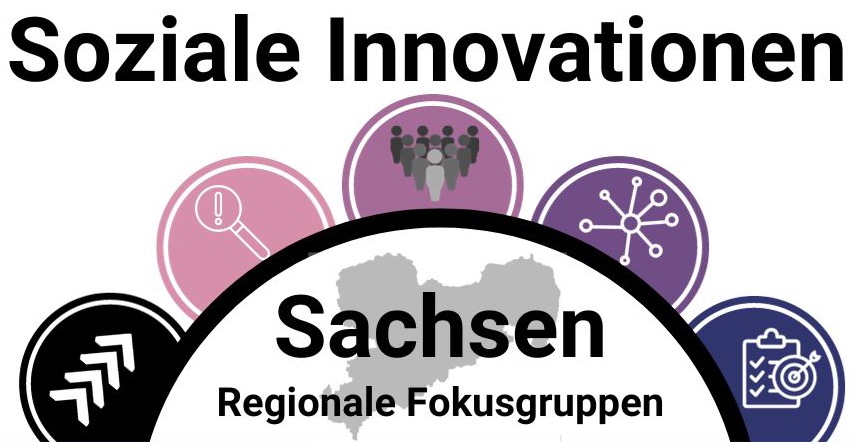
Social innovations are innovations that address social challenges and in a process new social practices for a specific group of society are thought up, tried out, evaluated and finally anchored. Social innovations often have a regional connection and are embedded in the existing political, cultural and economic system, which can influence and thus promote, slow down or prevent the development of social innovations.
Therefore, in this project we follow a systemic approach, as this can focus on the complexity of social needs in a structured manner. This means that citizens in Saxony, employees from all fields of social work as well as experts from science, business, politics and civil society can be integrated into the analysis. We use a multi-method approach to develop the regionally different social challenges in Saxony. Both quantitative and qualitative methods as well as primary and secondary data sources are used. Depending on the initial situation, these will be used in a targeted and situational manner.
Project partners
Project duration
October 15, 2023 - January 31, 2024
contact person
Chemnitz-Lviv learning bridge 2024
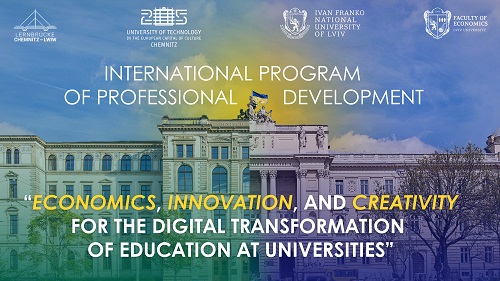
Professional Development Program "Economics, Innovation, and Creativity for the Digital Transformation of Education at Universities"
Project duration: 17.09.2024 – 09.10.2024
Short description and teaching objectives
As part of the Chemnitz-Lviv 2024 learning bridge, this sub-project focuses on the professional training of scientific, academic and administrative staff. Participants from Ukrainian universities will gain extensive insight into the interplay of creativity and innovation in the context of digital transformation. The aim is to promote the professional development of participants by expanding their understanding of teaching and learning methodologies and tools and enabling them to adequately address the numerous requirements of the various stakeholders in the digitalized educational landscape.
Project partners
- Marianna Kichurchak (Program Coordinator)
- Ivan Franko National University of Lviv
- Chemnitz University of Technology
Teaching Staff
Ivan Franko National University of Lviv
- Marianna Kichurchak, Professor at the Department of Economy of Ukraine
- Nazar Demchyshak, Professor at the Department of Finance, Money Circulation and Credit
- Marianna Kohan, Associate Professor at the Department of Management
- Iryna Paslavska, Associate Professor at the Department of Economic Cybernetics
Chemnitz University of Technology
- Dr. Julien Bucher, Chair of Innovation Research and Technology Management, TU Chemnitz
- Diana Heinbucher, M.Sc., Chair of Innovation Research and Technology Management, TU Chemnitz
- Klaus Etteldorf, M. Sc., Chair of Vocational and Business Education, TU Chemnitz
Financial support
Funded as part of the project “Learning Bridge Chemnitz-Lviv 2024” in the DAAD’s “Ukraine digital” program
contact person

sustainability of mobility
As part of the Smart Rail Connectivity Campus (SRCC) in the Erzgebirge district, the joint project "Sustainable Mobility (NaMo)" examines the users who are at the center of mobility and their needs and attitudes in order to support the successful design of mobility innovations and their integration into existing social structures.
To this end, the focus of the investigation is placed on users and other demand-inducing stakeholders in order to ascertain the underlying causes of mobility, i.e. needs, and thus to answer the question of why people want or need to be mobile in a specific case. The mobility needs and the mutually related attitudes towards mobility ultimately justify the mobility behavior. The latter decides on the use of mobility offers and thus also on the success or failure of new mobility concepts on the market.
From February 2022 to January 2025, the mobility-related needs and attitudes of users in the Erzgebirge district, as well as their behavior, will be analyzed on the basis of comprehensive empirical analyzes and practical deductions will be made from these findings. This increases the sustainability of current and future mobility projects and closes a significant research gap in the field of mobility innovation.
Embedding and goal of the project
"NaMo" is embedded in the SRCC as a joint project of Chemnitz University of Technology , which is part of the "WIR! – Change through innovation in the region” is funded by the Federal Ministry of Education and Research.
WIR! supports projects that are intended to initiate sustainable structural change through the formation of regional innovation alliances made up of research institutions, companies and civil society actors in structurally weak regions.
In this context, the aim of the SRCC as a neutral institutional and infrastructural platform in the Erzgebirge district is to initiate and promote innovations in the field of digital networking and communication in rail transport, which above all gradually network automated driving on the rails and the integration of rail transport in multimodal Enable mobility offers. This is intended to promote and enable sustainable mobility in the region and to make a contribution to the economic success of the companies involved.
The goals of "NaMo" are therefore the development of a methodology for the design of needs-based and sustainable mobility approaches and the derivation of concrete design recommendations for sustainable mobility in the economic and tourist region of the Ore Mountains.
Contact Person
EMMIDIR Autumn School 2025
European Management (in Practice): Market Innovation, Digital Change, and Resilience
Dates: October 13–17, 2025
Venue: TU Chemnitz, Faculty of Economics and Business Administration
Language: English
Number of UA students: 15 UA
Expected number of DE students: 10-15 DE
Number of teams: 5 teams (3 Ukrainian students + 2-3 German students + 1 UA mentor)
Key themes
- Exploring the Saxon market: target audience, consumer behaviour, and competition
- Digital innovation and AI-supported business validation
- German and EU business model frameworks
- Financial planning and credit access from German banks
- Resilience training and cross-cultural teamwork for business continuity
Press releases
German-Ukrainian Autumn School as Part of Joint Business Consulting Program “EMMIDIR” Concludes at TU Chemnitz
In October 2025, the third stage of the German-Ukrainian program “EMMIDIR. European Management (in Practice): Market Innovation, Digital Change, and Resilience” culminated in an intensive Autumn School at Chemnitz University of Technology. This initiative brought together students and academic teams from TU Chemnitz’s Faculty of Business and Economics and the Faculty of Economics at Ivan Franko National University of Lviv (IFNUL), within the framework of the DAAD-funded project “Lernbrücke Chemnitz–Lviv 2025”, supported by the Harald Christ Foundation for Democracy and Diversity.
From October 13 to 17, eighteen students from Ukraine and Germany worked side by side in international teams to solve real-life business consulting cases for five Ukrainian companies: AVR Development (architecture and engineering), Kredens Café (restaurant chain), Meest Post (logistics and postal service), Piana Vyshnia (cocktail bar chain), and MONAKO (stationery retail). The student teams conducted market research, analyzed the regional landscape in Saxony, explored EU regulatory requirements, validated their ideas using AI tools, and developed tailored financial projections for the German market. The final day featured consulting pitches and solution presentations to academic mentors and invited experts.
The Autumn School was jointly coordinated by Assoc. Prof. Marianna Kokhan (IFNUL), Jun.-Prof. Charlotte Förster (TU Chemnitz), and Dr. Julien Bucher (TU Chemnitz), who co-designed the educational concept, co-led the workshops, and mentored the student teams. The academic program was developed collaboratively and delivered jointly, with a strong emphasis on practice-oriented learning and intercultural collaboration. Lectures and mentoring sessions were also provided by Assoc. Prof. Vira Shevchuk, M.Sc. Jörg Müller, Assoc. Prof. Anna Hryshchuk, Assoc. Prof. Nataliza Danylevych, who led sessions on financial planning, market diagnostics, and team-based project development. Thanks to the interdisciplinary structure and field-based elements of the program, participants were able to conduct on-site research in Chemnitz and Dresden, gaining valuable insights into the Saxon market and business context.
The EMMIDIR mini program was designed as a practice-oriented educational project for bachelor and master students. It consisted of three main phases: a preparatory online module in spring, a project-based research stage during summer, and the final in-person Autumn School in October 2025. Throughout the year, students engaged in collaborative casework, business modeling, and comparative market studies — with a specific focus on supporting Ukrainian companies interested in entering or strengthening their position in the German market, especially in Saxony.
The broader team also included Prof. Andrii Gukaliuk, First Vice-Rector of IFNUL, and Prof. Dr. Silke Hüsing, Dean of the Faculty of Business and Economics at TU Chemnitz, whose academic leadership supported the initiative from both Ukrainian and German sides. The project also benefited from the organizational expertise of M.Sc. Oksana Molderf, DAAD Project Manager, and Nicolai Teufel, DAAD Lecturer at TU Chemnitz.
EMMIDIR was conceived as a transnational educational model that integrates academic learning with real-world business engagement, particularly relevant in the current context of Ukraine's war and reconstruction. The program’s next steps include the presentation of final consulting reports to the participating companies and the planning of further joint initiatives between the two universities.
Further press releases:
- https://www.tu-chemnitz.de/wirtschaft/bwl9/
- https://www.tu-chemnitz.de/tu/pressestelle/aktuell/13181
Evaluation of AI lecture and AI workshop
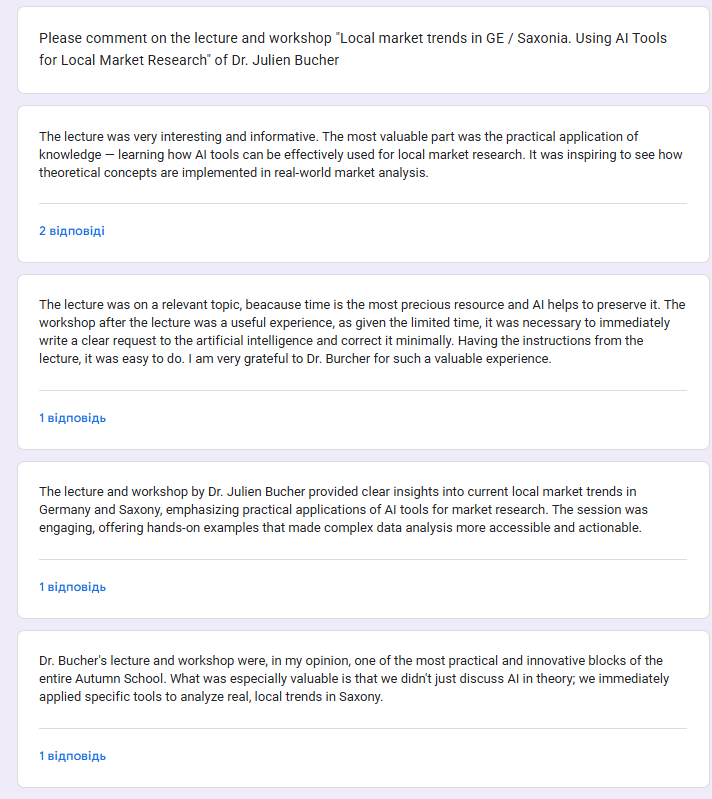
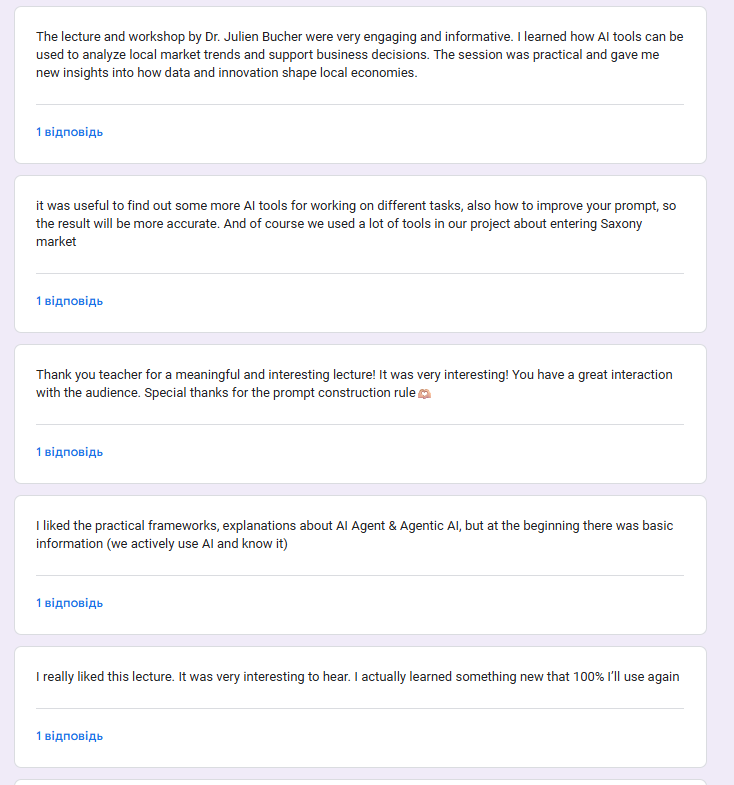
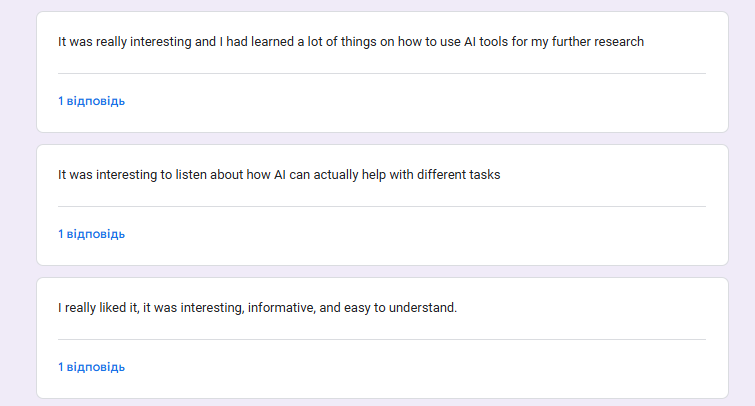
Contact person
Project partners


